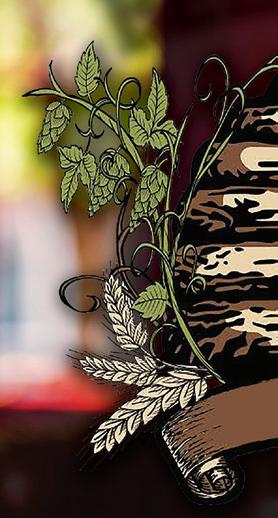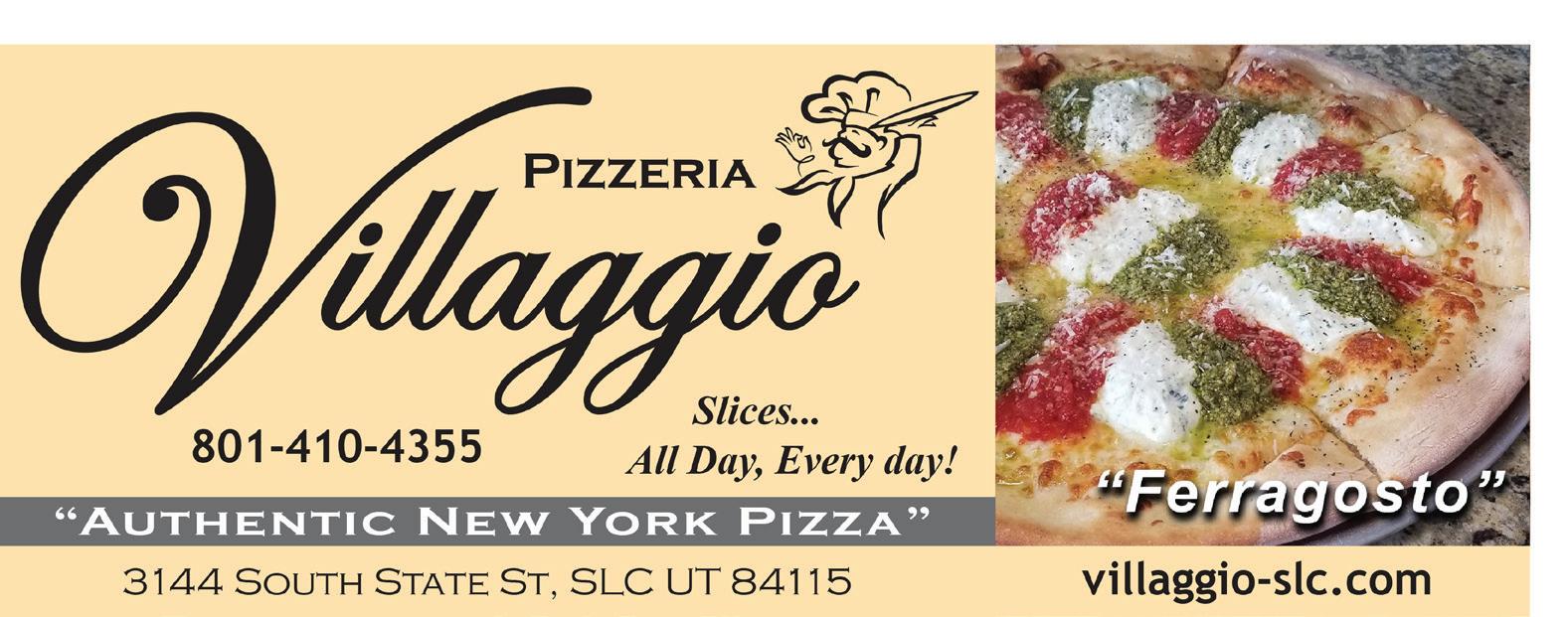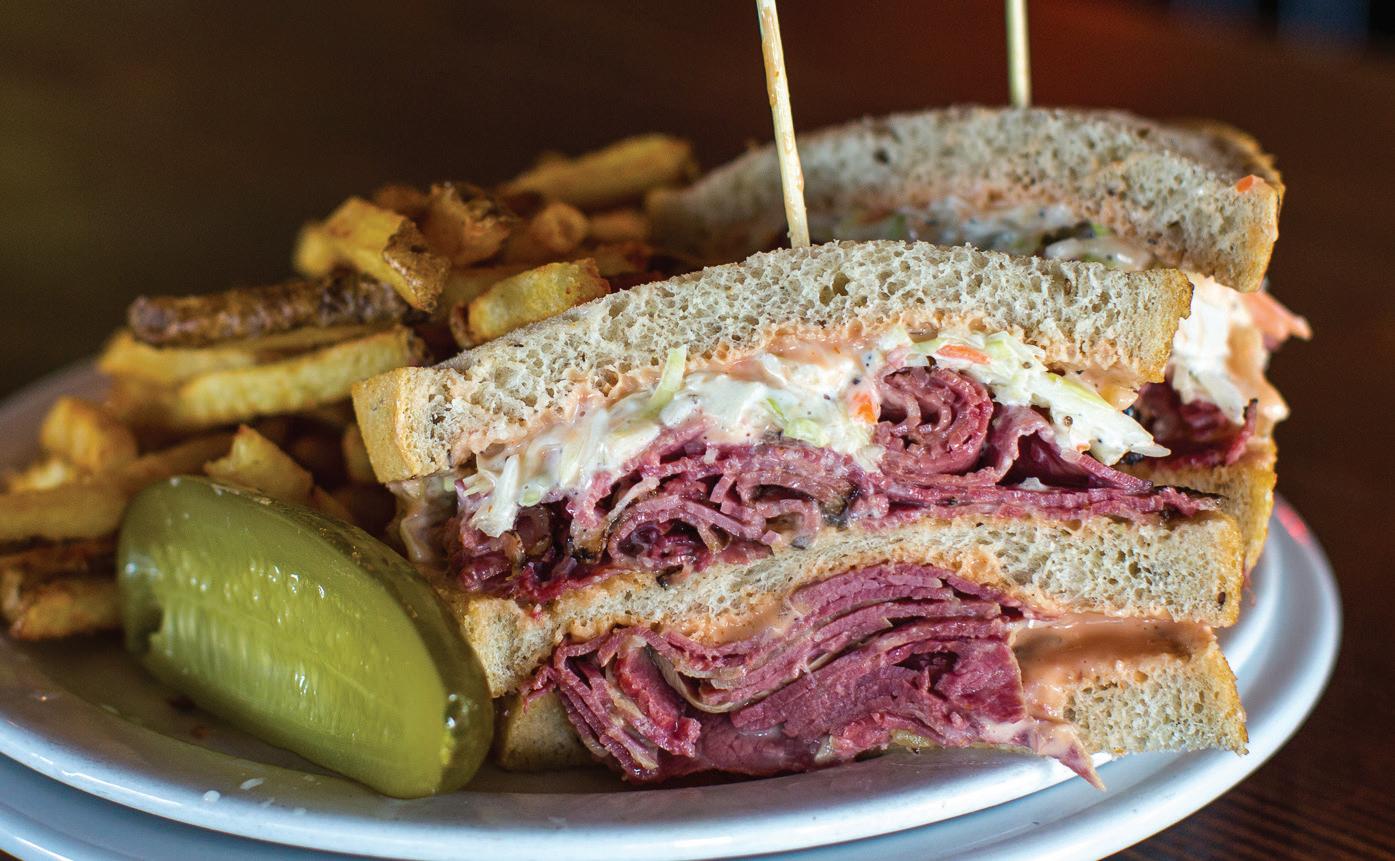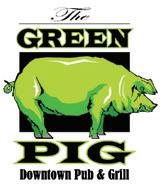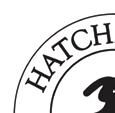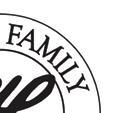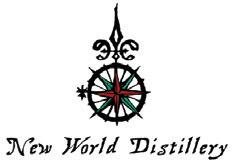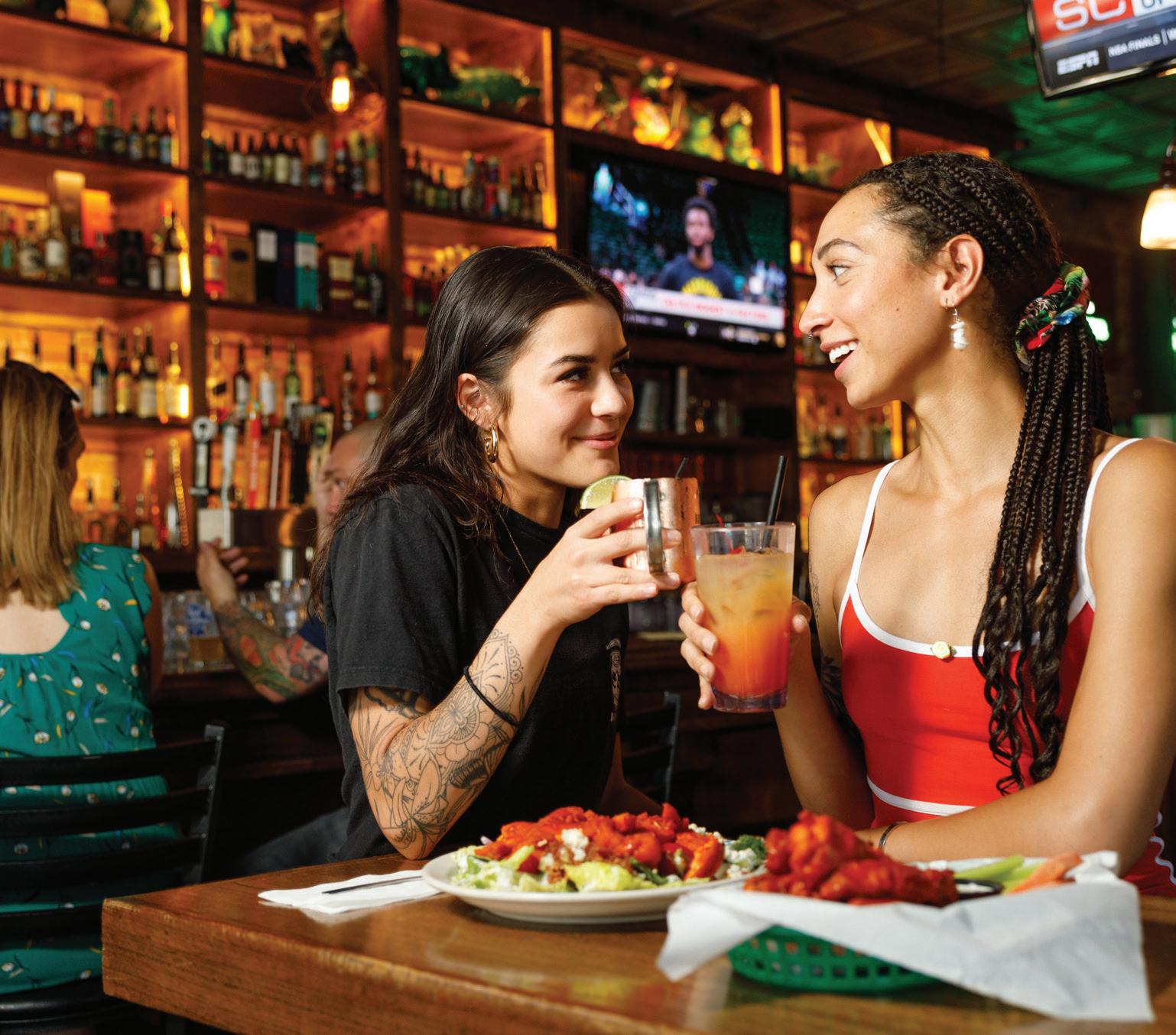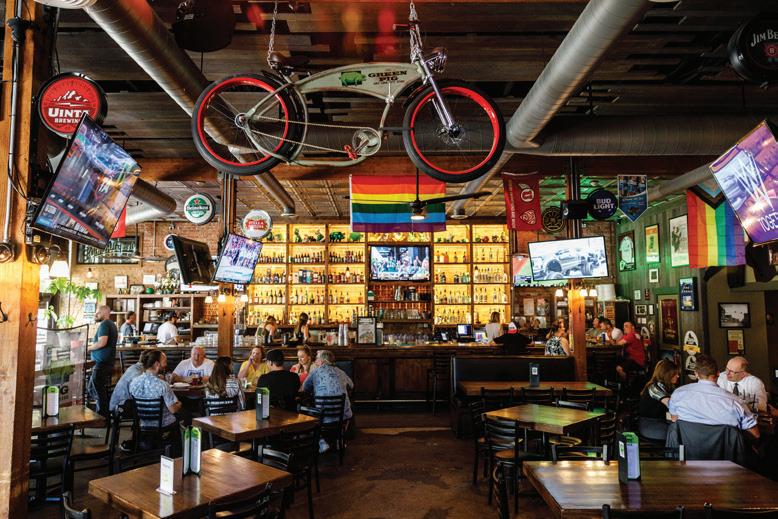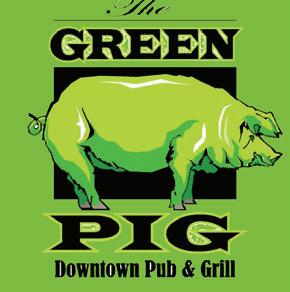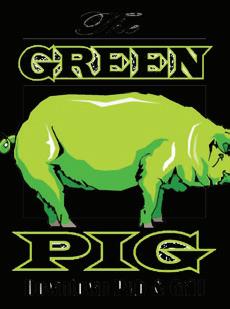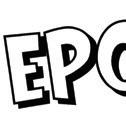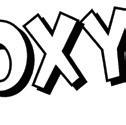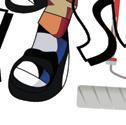UTAH PATIOS AND BURGERS






























































































































































Francia Henriquez Benson is a Latina journalist, writer, blogger, and film director. She is currently working on her short film, “Our Life at the Cottage,” which she wrote and directed. She travels around the world and documents her traveling experiences in her blog, Vagabond Brunette. Francia enjoys learning about cultures, people, and history. Last year, she graduated with a Master’s Degree in English and Creative Writing from Weber State University. She is working on her essay collection and delineating plans to produce her next short film.

Taylor Hartman is an Ogden-based writer who enjoys storytelling in all its forms. His work has been featured in numerous Utah publications, winning an SPJ award for his reporting on nursing homes with the Utah Investigative Journalism Project. Taylor’s passion lies in uncovering hidden narratives and shedding light on the unseen. With a background in tourism and journalism, Taylor strives to tell the stories of Utah and Utahns from north to south.

Amiee splits her time between Salt Lake City and Capitol Reef Country, where she reports on local government for the Wayne and Garfield County Insider, a weekly community newspaper covering 20 rural communities. She’s also a frequent contributor to Atlas Obscura and Lonely Planet. When she’s not writing, she’s out exploring obscure canyons with her hard-working Australian Shepherd, devouring out-of-print Utah history books, or indulging in absurd amounts of coffee and pastries.

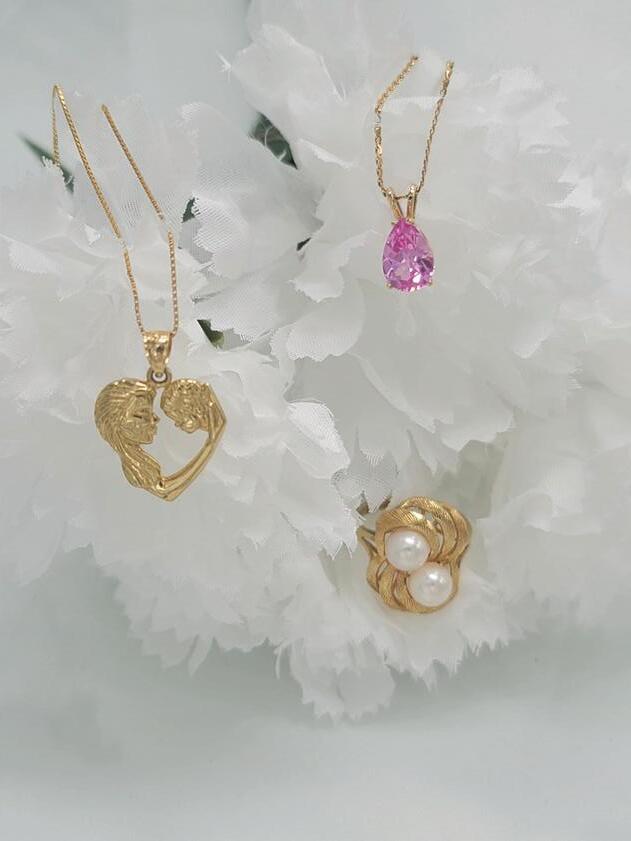




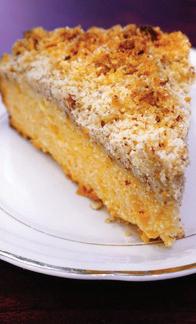







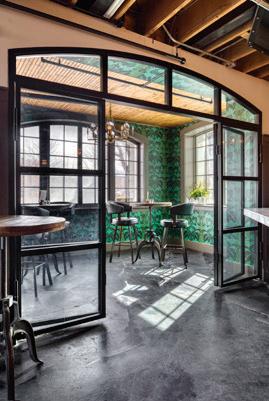
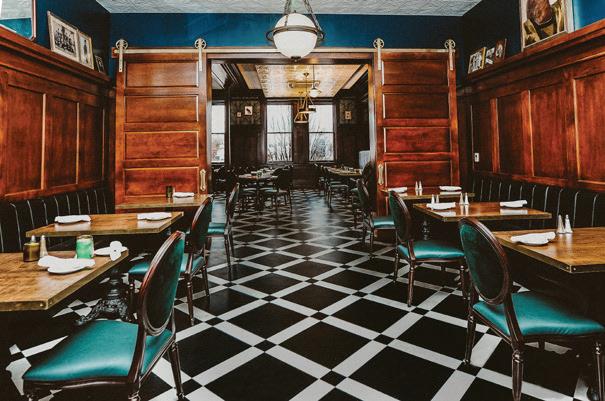
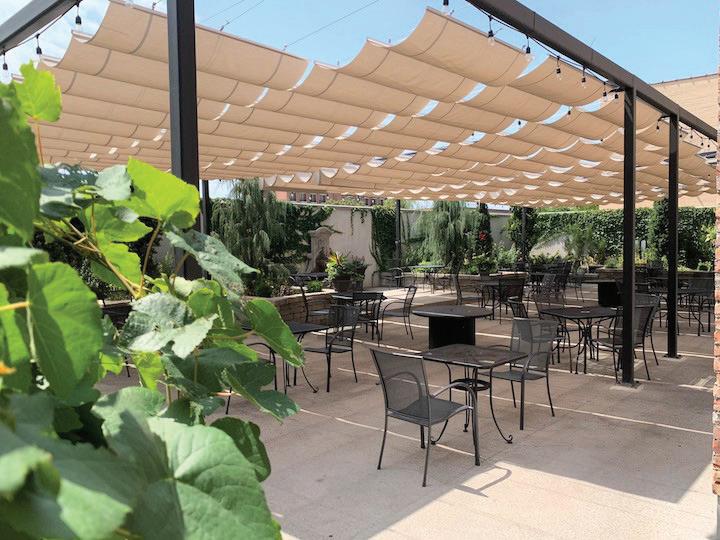




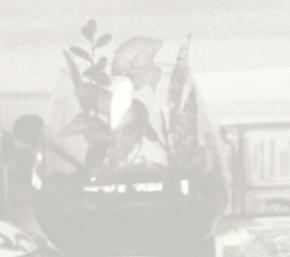

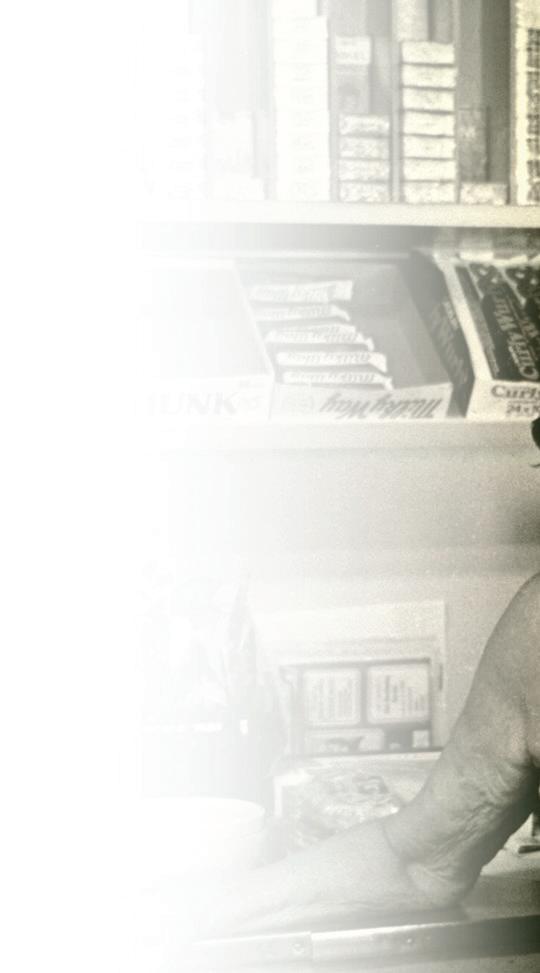

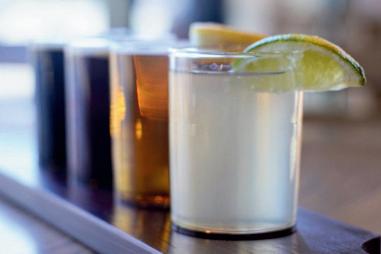

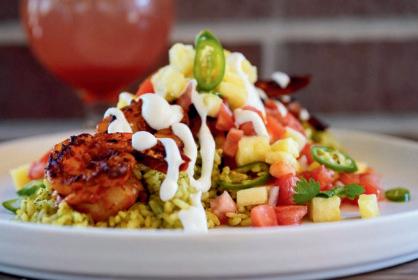



An excerpt from the email Kendra Cross: The article on political corruption among government and elite leaders:
“I just read your article this morning regarding political corruption among government and elite leaders, and I would like to give a heartfelt “thank you” for your insight and direct approach … When the gap between the “haves” and the “have-nots” grows wider every minute,
with the rich getting richer and the poor getting poorer, it in essence begins the tragic cycle of becoming the type of urban society that it has fought so hard to AVOID ... and results, in the end, with two distinct social classes, and a body of its people DIVIDED, instead of UNITED.
Comments on the instagram reel: Photographer who created iconic portraits of Billie Eilish and Robert DeNiro coming to SLC to photograph SLC’s homeless:
Kcald75 So very condescending of this group. No one can solve the homeless problem. That’s step one. More money = more homeless. You can’t force “dignity” onto anyone. Better homes. Better parents. No drugs. More access to mental health. That solves homelessness. Things the government can never legislate. Replies to the comment above:
Jong.311 The government could sure as hell fund programs and initiatives to foster and improve those exact things. And they do the opposite.
N8tayborn You’re high as hell. The answers are out there. It starts with compassion and willingness. You are not it, sir. Please take your negativity outta my feed. You’re gross.
Comments from The Utah Stories Instagram Reel: Utah DNR along with Salt Lake County using a massive drone to spray RoundUp (glyphosate) from the air to attempt to kill myrtle spurge in Millcreek Canyon:
Valillama Thanks for sharing and publicizing. How does the person who made this decision have a job in charge of our nature areas?
Herbanempire Can someone propose a better alternative? I remember hearing about the spraying last year and warning people to not bring their animals up there on that day. The “volunteer” approach sounds great but getting enough citizens to engage in an activity like removing weeds over thousands of acres just does not seem likely.
Visit UtahStories.com for exclusive online content including our Utah Stories podcasts.
s4.ge Don’t spray chemicals that cause cancer in humans and other serious health problems on anything. Simple alternative really. I think there are much bigger problems to be concerned about than myrtle spurge, such as Glyphosate contamination of our food supply. Don’t forget that human beings are the #1 invasive species. I for one would never advocate poisoning them and the whole ecosystem they thrive in as a solution to their overpopulation/ crowding out of other “native species.”
Follow us on our Socials!




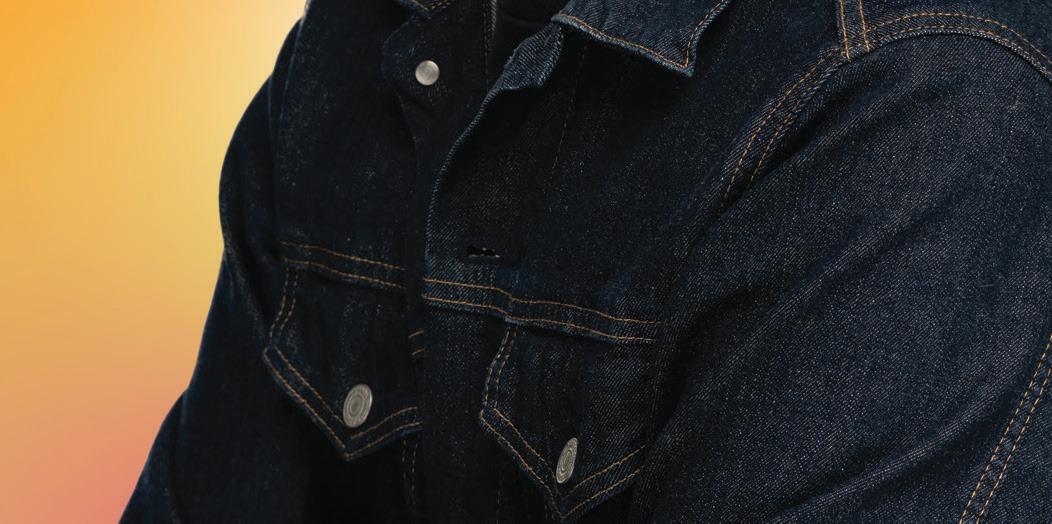




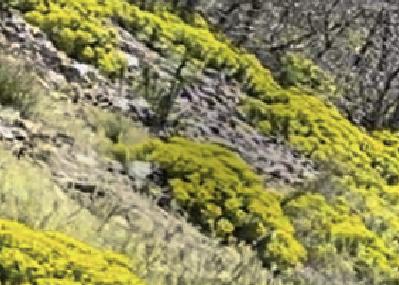

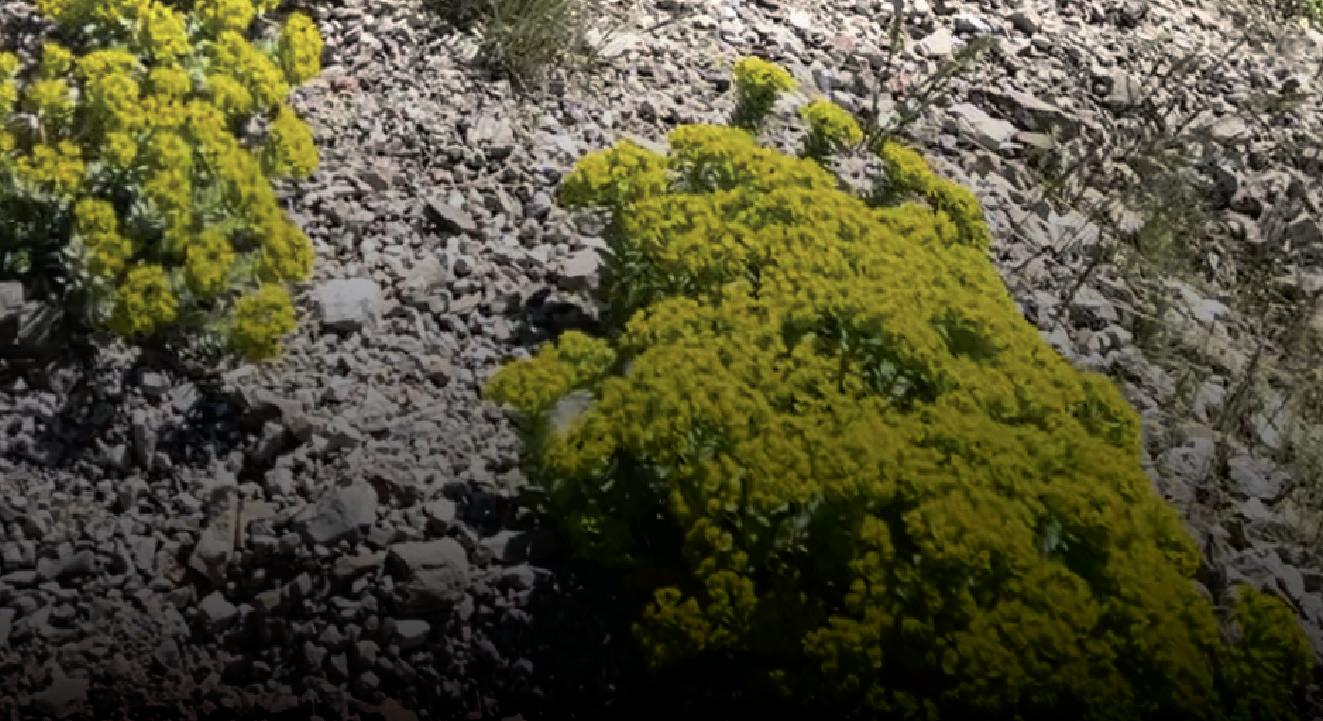

Myrtle spurge is an invasive species that has been vigorously spreading up Millcreek Canyon and along the bench areas of the Wasatch Front. Despite efforts to contain the plants, it has spread to hundreds of acres of hillsides.
Every year, residents witness men in Millcreek Canyon with big sprayers on their backs attacking the plants with herbicide. I’m always left scratching my head and thinking, “What’s the point?” Certainly the herbicide is doing more harm to the ecology than good in removing the plants.
This spring, Utah Division of Natural Resources (DNR) along with Salt Lake County, is taking much more extreme measures: they are using a massive drone to spray RoundUp (glyphosate) from the air to attempt to kill the plants. They have contracted Tera Landworks to conduct the herbicide operations.
RoundUp and parent company Monsanto settled a multibillion dollar class-action lawsuit because glyphosate was found to cause cancers such as non-Hodgkin’s lymphoma and leukemia. Glyphosate kills not only weeds, but all plants in its path, and is also known to destroy micro flora and helpful gut bacteria in animals and humans.
When I asked the owner of Landworks why they decided on glyphosate rather than a less harmful herbicide, he said that Utah DNR said to use RoundUp.
Why?
I was told to contact DNR Representative Robby Edgel who I emailed back-and-forth with over their decision for the past week.
Edgel said that while there was no public input on the decision to spray glyphosate from a giant drone, “several agencies were consulted in the decision-making process.”
BY
I asked him why glyphosate was chosen rather than a less harmful and toxic alternative? Engle pointed me to the EPA’s website that essentially green lights glyphosate and does not conclude it is carcinogenic.
Utah Stories has researched glyphosate for previous stories and we found that the Center for Biological Diversity accurately reported how the EPA’s top officials were found guilty of collusion with top executives at Monsanto.
The EPA and FDA’s cozy relationships with the top herbicide and world-wide GMO producer is troubling. It’s also troubling that the people in charge of biological diversity in our forests aren’t more concerned that the number one chemical for destroying biological diversity gets a green light for spraying by the thousands of gallons on our last remaining wilderness areas.
What’s a better solution?
Examining the myrtle spurge growth all over Millcreek Canyon and on every rocky
hillside on the benches along the Wasatch makes it clear it would require thousands of gallons of glyphosate to eliminate the species, along with collection of the dead plants because the seeds are active for eight years. This is impossible, of course. But myrtle doesn’t grow where abundant wild grasses are growing and flourishing. It also doesn’t grow in shade. Living with myrtle spurge is the only viable solution.
Why not take initiatives to grow more native grasses that can choke out more areas of spurge? There have been successful measures where deserts were changed into green pastures by introducing mulch and compost and planting native plants. What about taking a pro-ecology approach rather than using ecological-decimating tactics?
I’m no expert, but we believe this is an important conversation. Send your comments or post online at UtahStories.com.




 By Richard Markosian
By Richard Markosian

BY
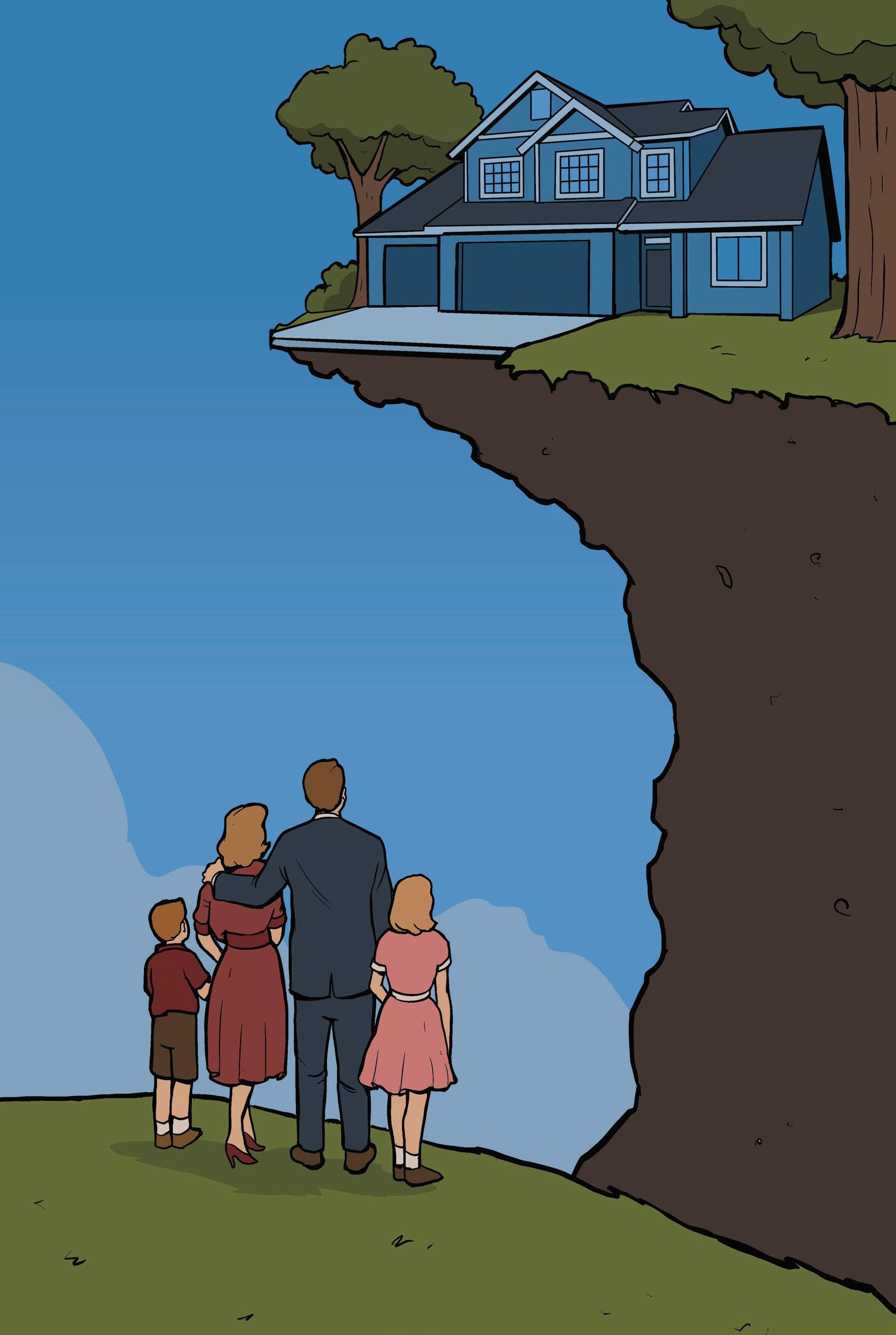
Affordable housing no longer exists in Utah unless you are sleeping outside or live in government-subsidized housing. The average home in Utah now sells for well over $500K, making ownership out of reach for a majority of Utahns.
While interviewing folks on the corner of North Temple and 900 W, I asked the same question I’ve been asking everybody for the last two days: “What would you rather have, affordable housing or a Major League Baseball stadium?”
Inevitably, everyone replied, “affordable housing.” Perhaps this is not an either/or situation, but seeing how our state legislature ponied up $2 billion in tax subsidies for an MLB stadium compared to “hopeful measures” for affordable housing, we find a dichotomy between the working class and the interests of the elites.
Governor Cox asked for $150 million that he hoped would result in $350,000 homes. “So our kids and grandchildren,” as he said, “can afford housing once again.” But instead, the legislature passed “measures” with the caveat that “cities need to step up [and change zoning].” From these “measures” we can clearly see what our state’s leaders’ priorities are.
Kevin, a 56-year-old African-American
male is all too familiar with Utah’s lack of affordable housing. He was renting a home at Eagle Mountain while earning $15 an hour working in a restaurant. Four years ago he was told by his landlord that he’d have to move out. Kevin said he’s been living on the street ever since. “There ain’t no affordable housing around here,” he told me.
“What would affordable housing be for you?” I asked him.
“Five hundred or six hundred dollars per month. That’s about all I could afford earning $15 per hour.”
Currently, there is no housing offered anywhere near this amount in Salt Lake City, for able-bodied (non-disabled) residents. This has resulted in a lot more able-bodied people being classified as disabled so they can receive a position on the housing waiting list and pay rent using 30% of their SSDI check.
“Unless you’re on Social Security and you’re getting some money, it’s just not possible,” Kevin adds.
“Are you on Social Security?” I asked.
“I’ve been trying, but I just don’t qualify,” he explained.
Deeply-affordable housing usually refers to rent-controlled housing mandated by low-interest government loans for developers.


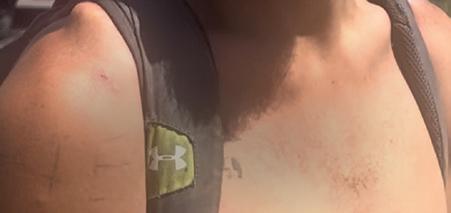

Deeply affordable means rent that is less than 30% of the median household income. Very few working-class people qualify for this type of housing absent a disability.
Another young man I talked to on the streets has been suffering from brain trauma since getting into a severe car accident when he was 16. His street name is “Crash”.
“I’d love to get off the streets. I want to get into housing. But I just don’t see that happening. I’m just out here surviving.”
He says he will not go into the shelters because the staff that worked there did not show respect for the tenants. He also says he hasn’t tried to get a disability check.
“Maybe I’ll make it out here a few more years.”
Two winters ago, Crash was stabbed in the chest and suffered from a collapsed lung, and he is still clearly not well. But there is some hope on the horizon.
A few apartments now for rent are approaching the affordable range for tenants who earn upwards of $23-$25 per hour. But they are few and far between. Apartments that range from $1200 for studios and $1700
for one-bedroom are popping up with special promotions and offers. The Slate, on 900 S in the Grainery District, offers 463-square-foot studio apartments for $1295, with one-bedroom apartments starting at $1349.
The Slate’s inventory of two-bedroom apartments for $1899 have completely sold out. The Slate offers amenities such as a dog spa, sauna, cold plunge, and recreation area, as well as the highly-walkable lower-ninth area. What they don’t offer is ownership.
I spoke to a bartender at Whiskey Street who lives in the Avenues. She expressed how much she loves the area. “Have you seen how beautiful it is to walk around over there? All these people have gnomes in their yards and the old houses are so nice.”
But even on a bartender’s salary, there’s little hope of owning any property and building equity anytime soon. I decided to see if I can find any young people who have bought a townhouse or condominium where they are building equity.
By far the majority of the 30,000 units going up in downtown Salt Lake City are apartments for rent.












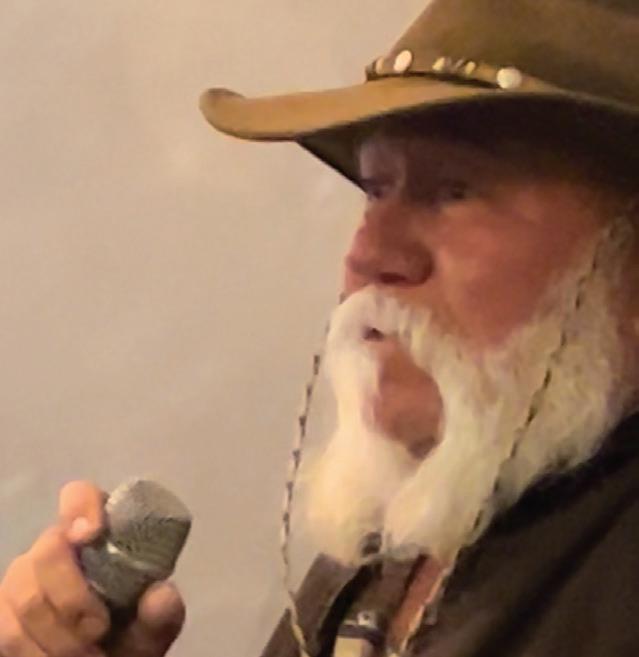





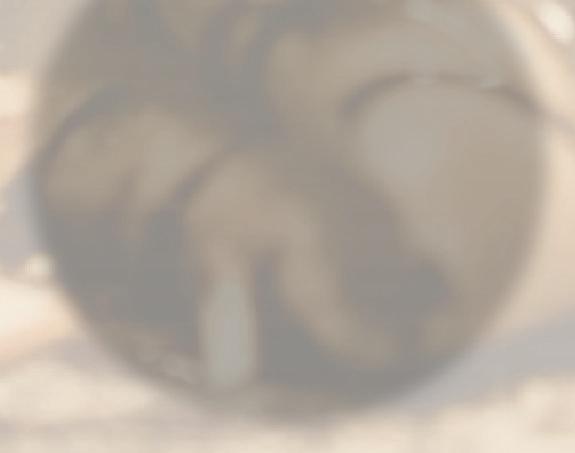




This is a disturbing trend considering that a majority of Americans now suffer under the greatest debt burden in decades: $17.5 trillion to be exact.
Americans’ number one financial asset and pathway to independent wealth has always been via home ownership. The ability of residents to build equity in some types of real estate has been the means for Utahns to gain financial independence and enjoy a secure retirement for generations. Has the home ownership society disappeared?
Is property ownership no longer a priority for our state leaders? If it were, they would certainly be endorsing or supporting different policies other than giving tax breaks to billionaires for ballparks.
Why not rezone huge tracts of land in less populated areas further west such as Magna or Copperton? Why not build huge tiny home communities in every county along the Wasatch Front until $500 per month rents or
$350K homes can be made a reality?
These policies would bolster small business because low-skilled workers would immediately become less expensive; these policies would remove thousands from the social security disability rolls. If tiny homes could be bought with tiny mortgages, they could allow those on the lowest rungs of the socioeconomic ladder to build equity rather than maintain zero wealth like so many living on the bottom do. Those like Kevin.
There is a simple reason why these policies are not favored by our political leaders: NIMBY (not in my back yard) policies which are classist and often racist are the norm. This is the case not just in Utah, but elsewhere in the west. Those who enjoy financial independence due to their acquisition of property believe any low-income housing development would destroy or threaten their greatest investment. But is this really true?






























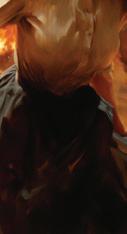






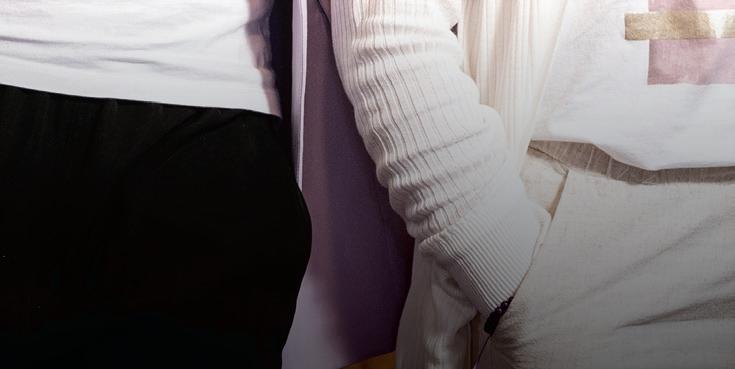 BBy Francia Henriquez Benson
BBy Francia Henriquez Benson
eing an immigrant comes with a set of inherent challenges which only intensify for women.
Two years ago, the Gateway Mall opened its doors to the Women-Owned Small Business Collective (W.O.S.B. Collective), a one-of-a-kind store composed of diverse, international, entrepreneurial women. The store proves that perseverance, hard work and creativity play a crucial part in achieving personal goals.
The emergence of immigrant entrepreneur women is contributing to the economy and shifting the male-dominated business pattern. The Small Business Administration states, “Immigrants own businesses at higher rates
compared to individuals born in the United States.”

We talked to some of them and learned much about their experience as business owners, women, and their individual mindsets.
Andrea Zambrano, the creative mind behind The Colombian Marketplace, arrived in Utah from her birth country of Colombia. She rapidly positioned herself in the market as a fashion influencer. She is known in the Latino community for her sweet, big smile, love for her culture, and unlimited creativity. Zambrano states that having a business is not easy. “It takes dedication, hard work, time, passion, and professionalism,” she explained. She added that it gets more challenging
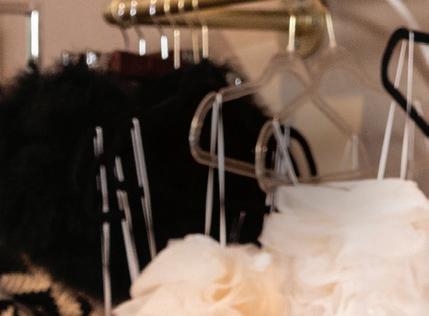
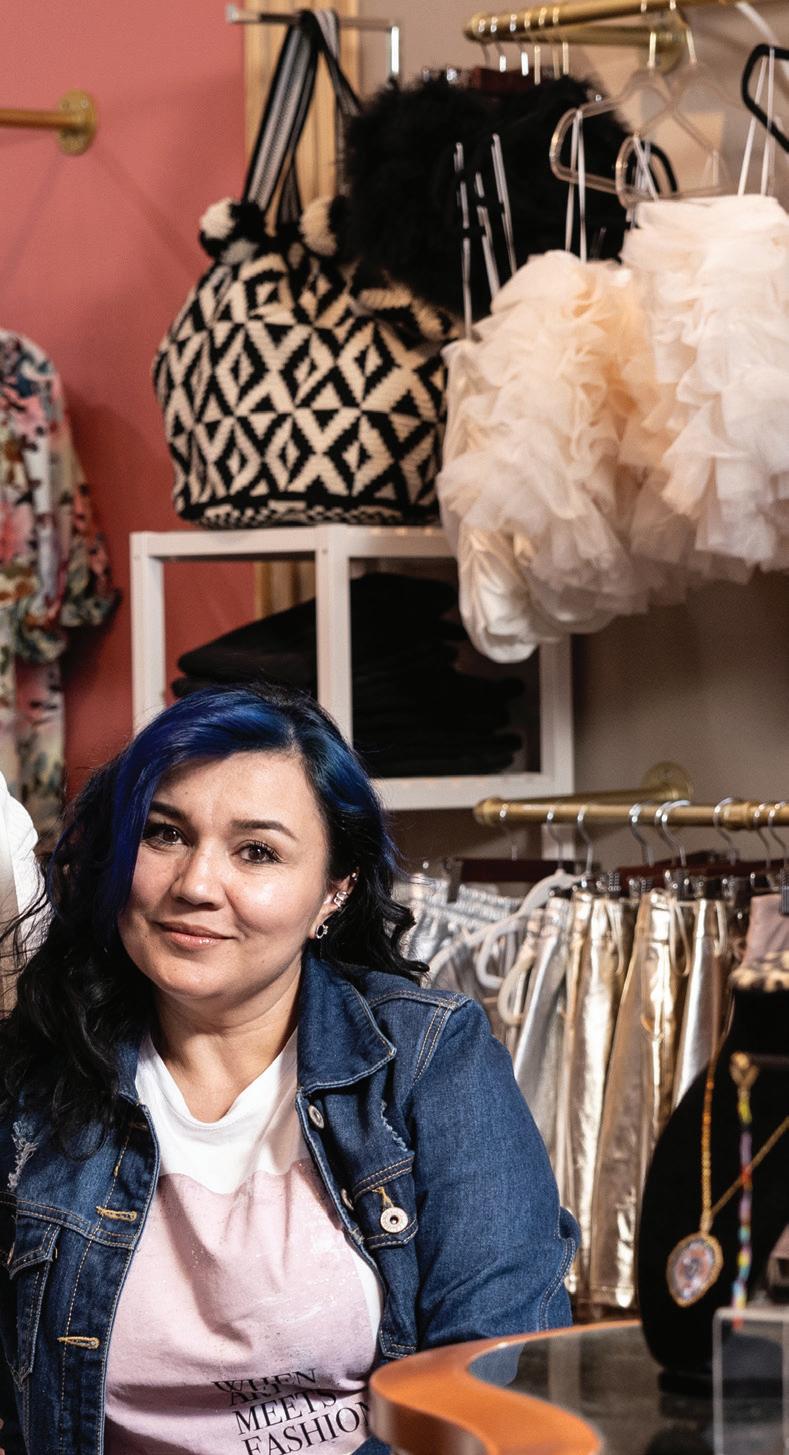
when the business is not in your homeland.
Zambrano says that Utah offers educational programs that help business owners, and two years ago she founded W.O.S.B. Collective at the Gateway.
“Having a business in Salt Lake City’s downtown wasn’t even in my dreams, but thanks to hard work and many women with the same purpose and vision coming together, we could build a collective space where we are the main characters of our stories,” she said.
W.O.S.B. Collective is a destination boutique and gallery where people can find unique items from Latin American countries. The shop has an eclectic vibe and is a Salt
Lake City hot spot. The women running the businesses come mainly from South America.
Dallan Chaparro is the owner of Mikala Store, selling one-of-a-kind accessories made of Miyuki, a Japanese seed bead. Despite being in business for only a year, Mikala is a well-known and profitable store. It offers unique styles only, meaning that there are no repeated designs. Customers feel special knowing they are rocking unique designs and that there aren’t more people wearing their designs.
Chaparro arrived in Utah just two years ago. Her items are exported from Colombia, where Chaparro’s friend designs them. Chaparro feels there is strong support from the women-owned business community in Utah. She advises immigrant women to seek opportunities, not be afraid of cultural differences, and to take risks.
The Venezuelan Angelica Arcalla is the owner of Be Women Fashion. Arcalla is the authorized reseller of a Colombian purse brand called Parchita in Utah. The purses are handmade vegan and very soft. Arcalla, a lawyer, had to leave her country due to hardships five years ago and arrived in Utah. She had to start building her life from scratch.
“It is not easy starting from zero,” she said. She feels there is much support for Latina entrepreneurs from the Latino community. She thinks that, as Latinos, we’re coming together. She tells those women wanting to start a business not to limit themselves.
Paula Rojas is the Colombian creative behind De Mis Manos Paula Rojas. She designs different items in crochet. Her number one item though, is her personalized dolls. It used to be her hobby and now it is her business. She has crocheted famous personalities such as the Venezuelan musician Oscar D’Leon, the Puerto Rican singer Willie Gonzales, and actor Christopher Lloyd, among others. She said she had to do jobs she never thought would
survive when she immigrated. She felt she had lost herself and that her life stopped and froze. Now that she earns money by doing something she is passionate about, “I found sense in life,” she says. I woke up once again.”
With her sparkling eyes and a huge smile, she expresses that her most extraordinary experience so far was giving the doll with Christopher Lloyd’s likeness to the actor himself. Her creations also helped a grieving mom who lost her child. Rojas made her a crochet doll that looked just like the little boy. If you want a personalized doll, look for her on her Instagram @demismanospaularojas.
The Mexican entrepreneur Denisse Cieza is the owner of Cempoala. Cieza. She explains that Cempoala started as a resistance movement to protect the traditional textile of Veracruz. She wanted to fuse tradition and history. Ceiza is passionate about the heritage textile. “The worst form of stealing and cultural appropriation is in the name of fashion,” she said.
Cieza is from the south of Mexico, an area that has a great variety of fabrics and an extensive diversity of artisans, stitches, and stories. She describes her products as “handcrafted luxury, created with heritage, tradition and style. She brings the pieces from Mexico, and her brands have a sense of longing. For instance, she said the Filigrana earrings remind her of her grandmother, Oaxaca, and her birth country. She explains that embroidery is a generational inheritance.
Cieza has lived in the US for 22 years. She was going through a hard time when she decided to start her passion as a structural business to generate an income. Denisse concluded her interview by expressing that to her, “It is imperative for women to know that we can achieve whatever we set our minds to and become independent. Women don’t have to stay in abusive relationships or wait to be provided for,” she said.
In Cempoala women can find jewelry, purses, hats, and a lot more. Cieza is full of life and energy, and customers can enjoy her vibrant vibe when shopping at W.O.S.B. Collective.
Venezuelan influencer and entrepreneur Kristel Alaya came to Utah seven years ago. She owns TENU, a fashion store that carries items, such as casual cocktail attire, for any kind of event. Alaya is also a fashion consultant, so her customers get the help they need when buying her items. Her love for fashion started when she was a child. Her girlfriends asked her for fashion advice and how to put together outfits for different occasions and when going on vacations. She is also a makeup artist and teaches cosmetology. To her, TENU is dedication and passion.
“I prefer to work 80 hours on my own dream than working 40 hours on someone else’s” she explained. Ayala tells women that if they are afraid of doing something, they
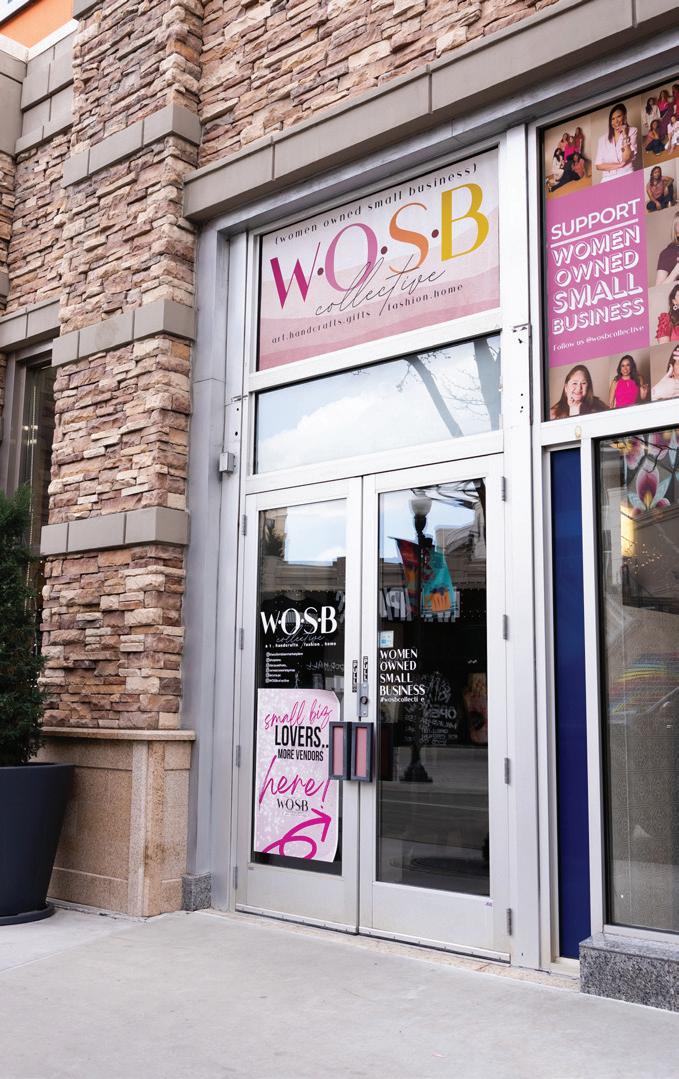

should do it anyway, holding onto that fear. “But don’t let that fear stop you,” she advises.
Ayala doesn’t believe in limits. She sees beyond what others see and goes after it. Her brand is three years old, and her goal is to open a big store. She believes in the power of words. “I see myself in the mirror every morning and say, you’re magic, you’re power, you’re intelligence and you’re light,” she said. She advises women to surround themselves with those who love and believe in them. She added that to achieve your goals, you have to do the job.
The other two Latina-owned businesses are LACUNA Accessories, which offers a great variety of accessories, including country-shaped necklaces. LACUNA means “a space or range without padding; a hole.” The

accessories represent ourselves (as women), our countries, and whatever our hearts are. The other one is Vane’s Accessories and More. The accessories are diverse and unique, from rings to handmade necklaces.

Besides the Latina entrepreneurs, two American women are part of the Collective. One is Sheena Wolfe, who creates exquisite glass artwork, including masks. Her favorite medium is kiln-formed glass. The other artist creates designs in wood.
This group of women wants to show other women, especially immigrant women, that it is possible to make your dreams come true with hard work, perseverance, and having a solid idea. They discussed the importance of supporting one another as women and as members of our community.
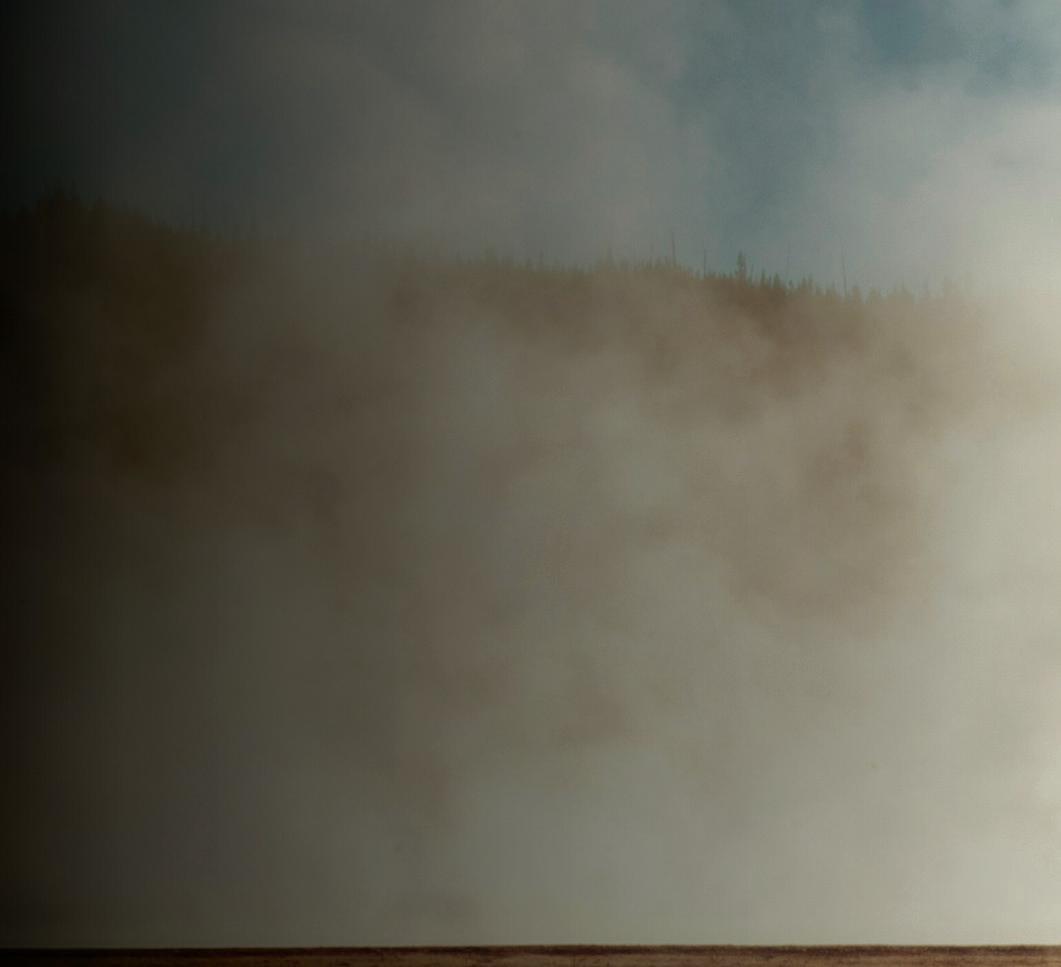
 By Amiee Maxwell
By Amiee Maxwell
Repairs have begun on the historic Wasatch Warm Springs Plunge building, but its eventual fate has yet to be determined. Community opposition halted plans to turn this historic building and surrounding city parks over to private hands, and a local nonprofit is leading the efforts to reestablish this place as a community gathering place — a place to soak in hot springs, connect with people from all walks of life, and honor the Indigenous history of the site.
“We would really like to be the ones that bring this place back to what it can be for the whole community,” says Sylvia Nibley, board chair of the Warm Springs Alliance, a nonprofit dedicated to preserving the Warm Springs landmark site and the Wasatch Plunge building.
Situated between two neglected city parks near 800 North and Beck Street in Salt Lake City, the Wasatch Warm Springs Plunge building is a monument to a mostly forgotten era. Today, homeless encampments dot the hillside above the parks, trash overflows from park garbage cans, and a chain link fence


surrounds the dilapidated, once-happening building, obscuring the history of the place.
Unless you’re old enough to remember the Plunge, or you grew up playing at the Children’s Museum that later occupied the building, you may not even be aware that hot springs flow out of the mountainside here.
When Mormon pioneers arrived in the Salt Lake Valley, scouting members quickly noticed steamy water flowing out of the foothills just north of where they would eventually build their temple. Dozens of hot springs were noted by early settlers, and within weeks of their arrival, European settlers dug out a pool to hold bathers looking to benefit from the spring’s purported healing waters.
Various bathhouses were constructed near the hot springs but only one still stands today. The current building was built in 1921 when the city took over ownership of Warm Springs. In addition to one massive naturally heated pool, the facility also housed several private soaking tubs, a barber shop, a hairdresser, men’s and women’s masseurs, and five private rooms available for rent by over-
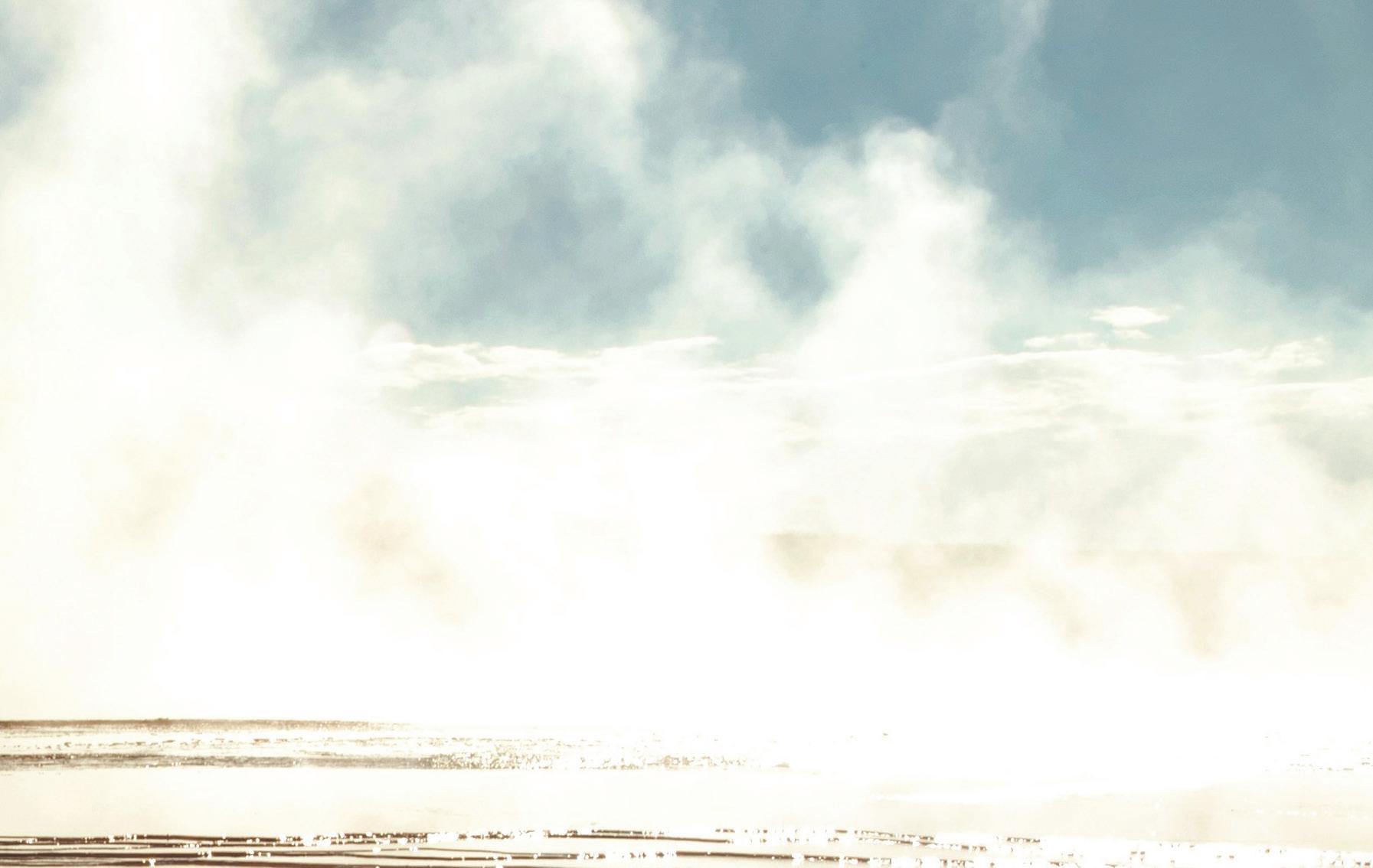
night guests. The building’s red-tiled roof, stuccoed exterior, and Mission-style facade stands out among the industrial buildings on Beck Street.
Due to structural problems and diminished demand, the Wasatch Warm Springs Plunge closed in the 1970s. It was later restored and reopened in 1983 as The Children’s Museum of Utah. The building has sat vacant since 2006 when the museum relocated to the Gateway Mall. In 2017, the city put out an ask to developers, essentially putting the building and surrounding parks up for sale, which would have ruled out the possibility of reactivating the springs and honoring the history of the site.
Community groups and a strong grassroots effort came out in opposition, and as it turns out, a lot of people love Warm Springs and its role as an historical gathering place.
Long before the arrival of the first European explorers in Salt Lake City, the springs were a healing place for the Ute people. Members of other Indigenous tribes also used the geothermal areas as wintering grounds.
Placards in North Gateway Park adjacent to the Wasatch Plunge building tell the story of a great number of Native People suffering from measles traveling to Warm Springs for its curative waters.
“They died off about as fast as they went


into the water,” the sign reads. “For as long as people have inhabited the Salt Lake Valley, they have been drawn to visit the Warm Springs — as you are doing now,” another sign reads.
In August of 2022, the Salt Lake City Council approved significant funding for city park improvements including $8 million dollars for repairs to the Wasatch Plunge building. The city has also allocated $1.5 million dollars in bond money for improvements to Warm Springs Park and North Gateway Park.
The Plunge Building has sat vacant for well over a decade and it needs a lot of work. For starters, it needs a new roof, mold remediation, and seismic upgrades.
“The $8 million will only get the building to a shell, but what will happen next is the real question,” Nibley says.
And that is where the Warm Springs Alliance comes in. The group is advocating for a community-driven plan for the landmark and wants to see the community’s ideas integrated into the city’s plans.
“We’re at a time where there is a high potential for great things to happen here,” says Nibley. She invites anyone who cares about
historic buildings, hot springs, and Indigenous sites to check out the Warm Springs Alliance website for updates.
“The more people that are in support of bringing back the hot springs, the more likely this is to happen,” she adds.


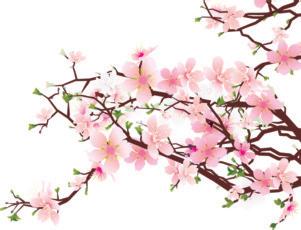









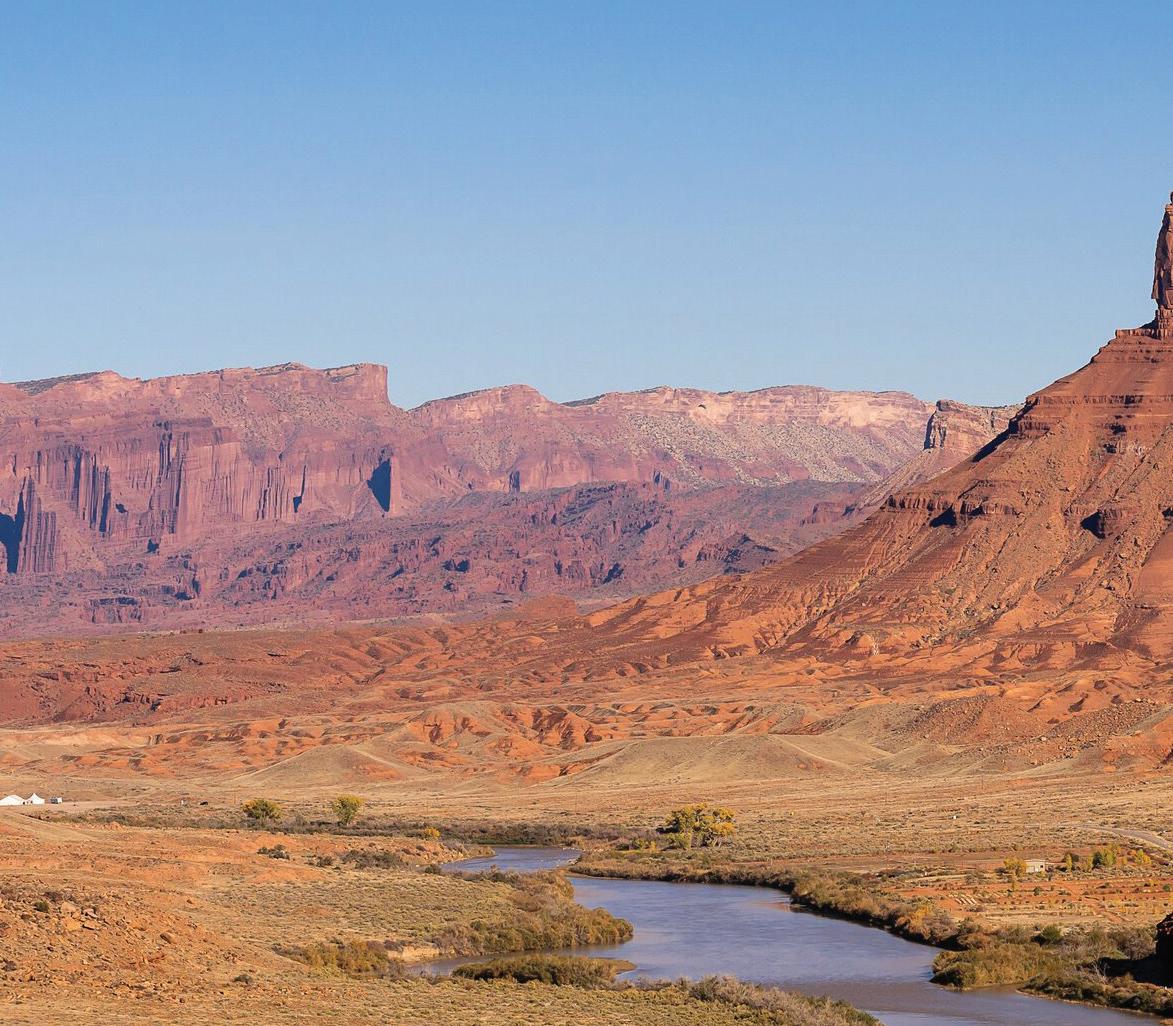
“For over 30 years, the film industry pretty much ran Moab,” said Brian Hunnings, General Manager of Red Cliffs Lodge. “From the late 1940’s to the early 1970’s, a ton of feature films, commercials, and television shows were filmed here.”
Hollywood first discovered the Moab region when George White, the owner of White Ranch — known today as Red Cliffs Lodge — reached out to legendary film director, John Ford.
“White told John Ford that Moab had more spectacular scenery and better infrastructure than where they had been filming. White invited Ford out to take a look for himself,” Hunnings explained.
Not long after, Ford, along with movie
star John Wayne, visited the ranch. Both men immediately fell in love with the area. Soon, a string of epic westerns — Comanchero, Wagon Master, and Rio Grande — were being filmed on-location in Moab.
In 1949, to further facilitate the needs of production companies and their crews, White founded the Moab to Monument Valley Film Commission. The organization holds the title for the longest running film commission in the world and has coordinated with numerous groups within the entertainment industry. The current director of the film commission, Bega Metzner, said, “Working for the commission keeps me on my toes. I’m a facilitator and a fixer. No two requests from productions are alike and no two days are alike.”


Through the hard work and diligence of the commission, and with help from the community, Moab became a popular spot for movie studios to shoot.
“Over 2,000 productions have filmed here,” said Hunnings. These include blockbuster movies like Thelma and Louise and Indiana Jones and the Last Crusade, to cult classics like Galaxy Quest and 127 Hours.
Most recently, a western series has been filming in the area entitled Horizon: An American Saga. The Civil War saga is produced, directed, and stars Hollywood legend Kevin Costner. The first two movies of the tetralogy will premiere this summer with Chapter 1 hitting theaters on June 28th and Chapter 2 on August 16th. Costner will
continue production on the last two films later this year.
As Hunnings explained, “Costner has always been a fan of John Ford and John Wayne and he’s always loved this area.”
Filming a western in southern Utah seems like a fitting way to honor the legacy of both Ford and Wayne, and coincidentally, it aligns with the 75th anniversary of the Moab to Monument Valley Film Commission and Utah’s 100 years in film.
To celebrate these special occasions, the commission has planned numerous grassroots festivities including a gala event in the autumn. Additionally, Red Cliffs Lodge has partnered with the John Wayne family and the John Wayne Cancer Foundation to host

the True Grit Race Series. The 5K and 10K races will take place on June 1st, where the offroad path follows the breathtaking imagery from some of “The Duke’s” most iconic films.
Prior to race day, there will be a tasting dinner on May 30th featuring wine, tequila and whiskey from Wayne’s collection. On May 31st, the lodge will present the “Cosmic Cowboy Celestial Cinema,” which includes a silent auction, food trucks, and bands. Guests are encouraged to dress as their favorite character from the western thriller, Rio Grande, and a best costume prize will be awarded, and a pre-movie panel of surviving cast and crew members will entertain the crowd with memories from their days on the movie set. Once the sun goes down, Rio Grande will be shown on the “Grand Lawn.”
The year-long celebrations will also acknowledge the positive impact the film industry has had on southern Utah.
Said Metzner, “The benefits of film on the Moab community reach into nooks and corners that are often unseen and untold. The film crews follow the rules of permitting and
leave the place the same or better than when they found it. As such, they could really be considered stewards of the land. They also spend a serious amount of money in stores, restaurants, hotels, and even at the vet if they are here long enough. As an old friend and local film guy Karl Tangren once said, ‘they take nothing but pictures and leave nothing but money.’”
Another way the local community has honored its collaboration with the world of film is through the creation of the Moab Museum of Film and Western Heritage. The collection is located at Red Cliffs Ranch and includes displays, photos and memorabilia from actors, film crews and production sets.
The museum draws cinephiles from all over the world, and during Moab’s peak season, upwards of 400 people will walk through the exhibition daily. Numbers like this show how important the film industry is for Moab and the entire state. Explained Hunnings, “For every dollar Utah spends on the film industry, it brings back seven dollars in revenue.”
Fortunately, Moab continues to see film tourism flourish year after year. More importantly, the public’s desire to be entertained and engaged is constantly growing.
For Hunnings, the reason for this seems apparent. “People want to feel connected to things that make them feel emotions. We are human beings and we love stories.”

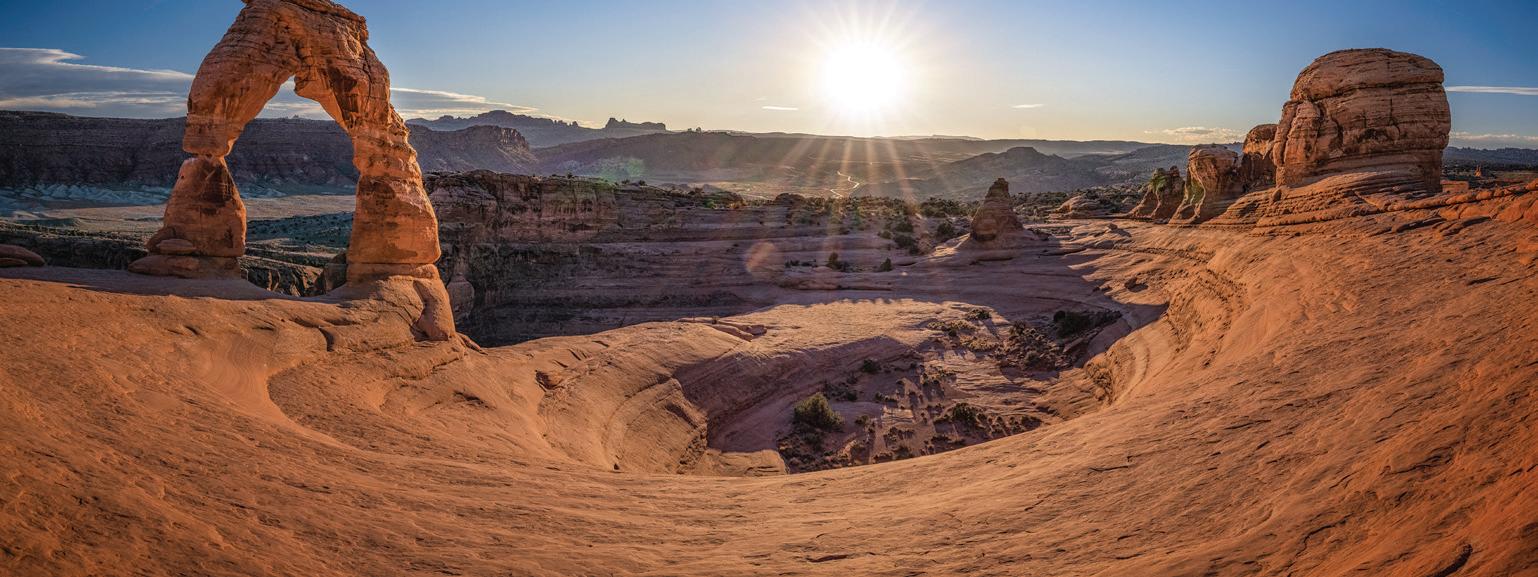



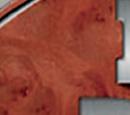



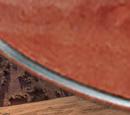
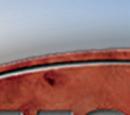

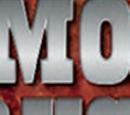

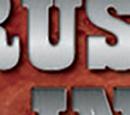


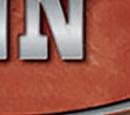

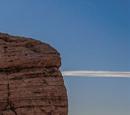




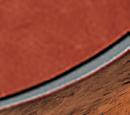
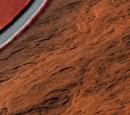
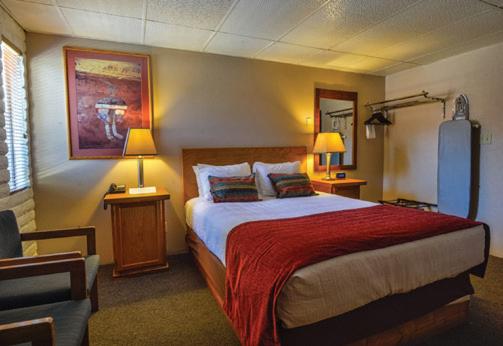
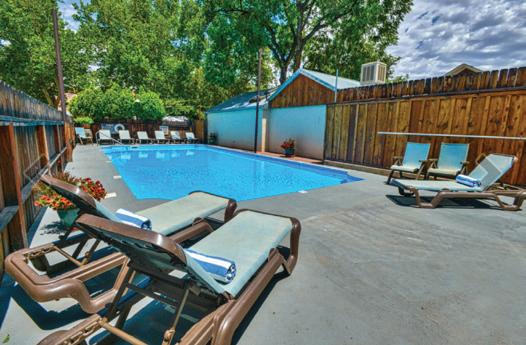





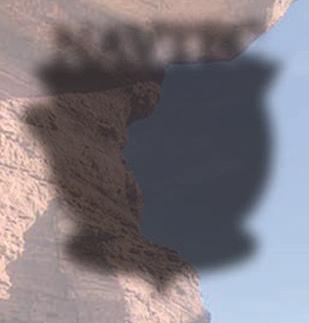












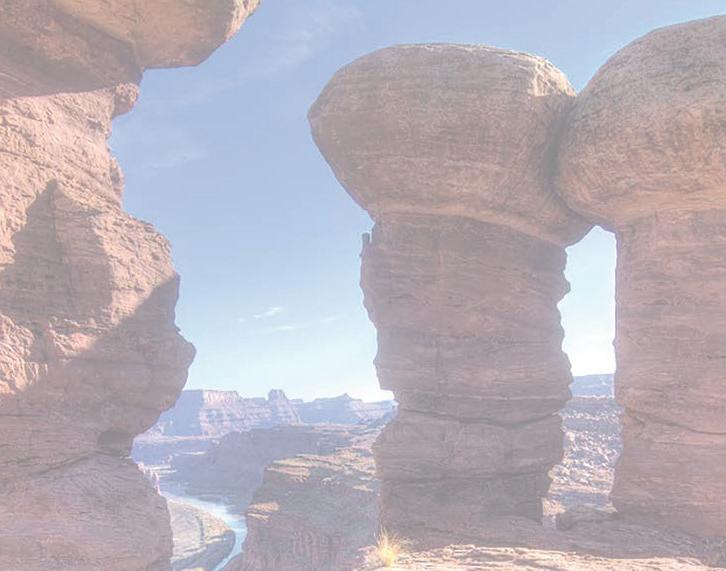

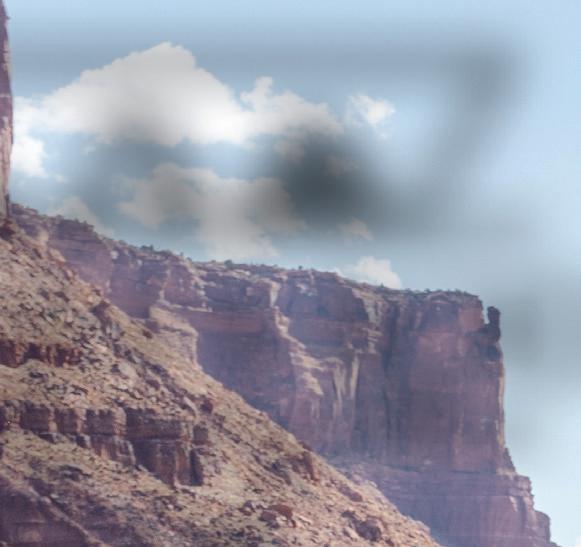

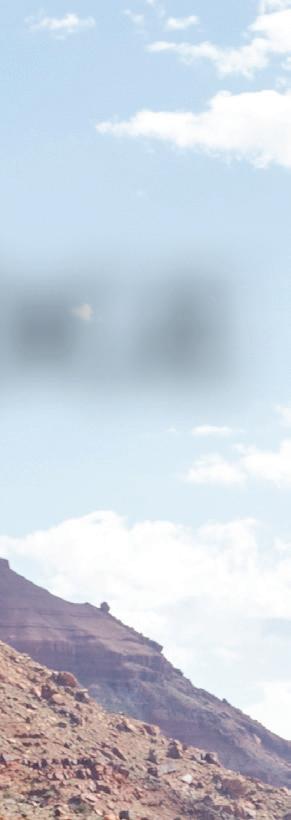
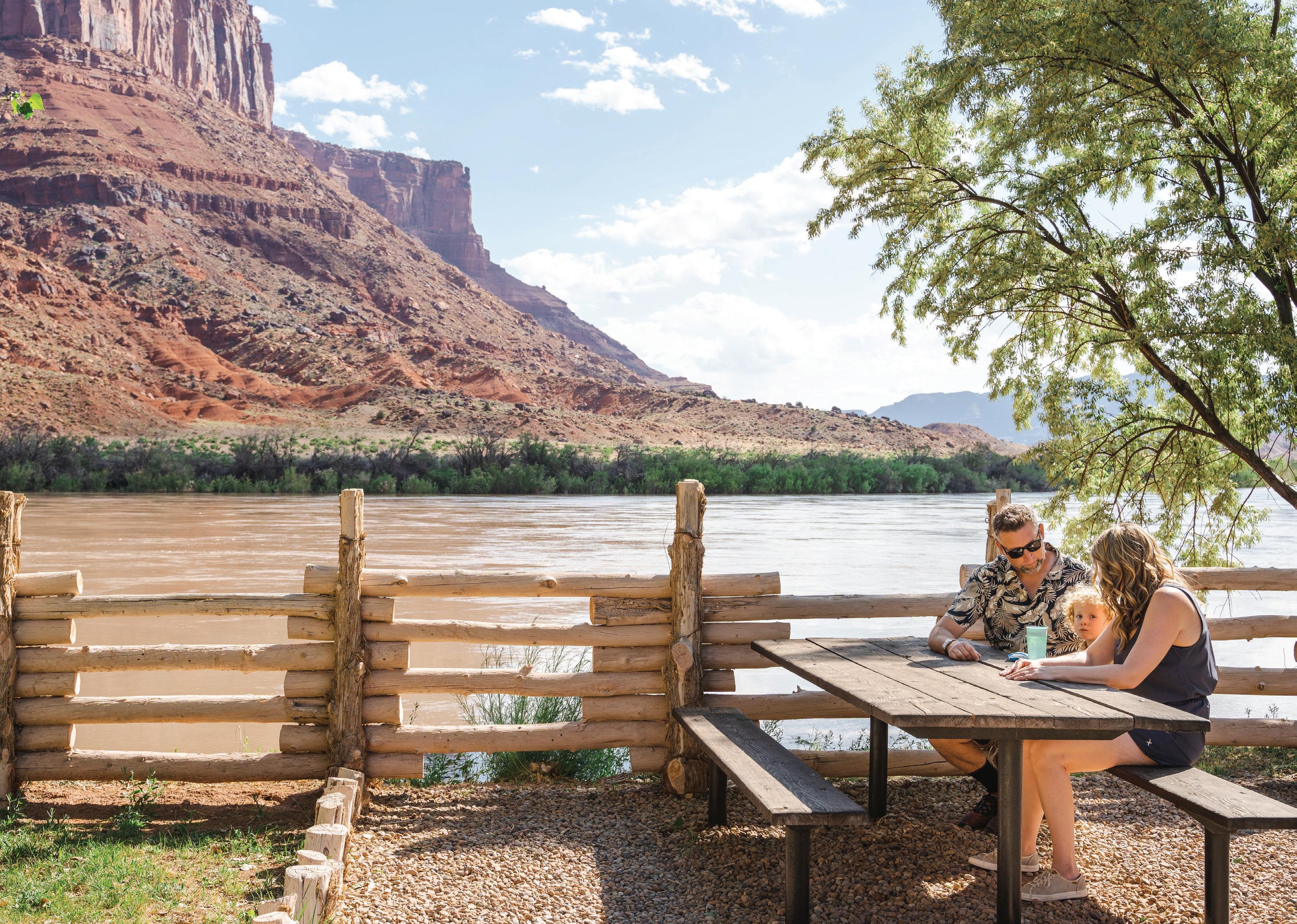













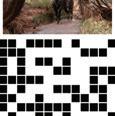









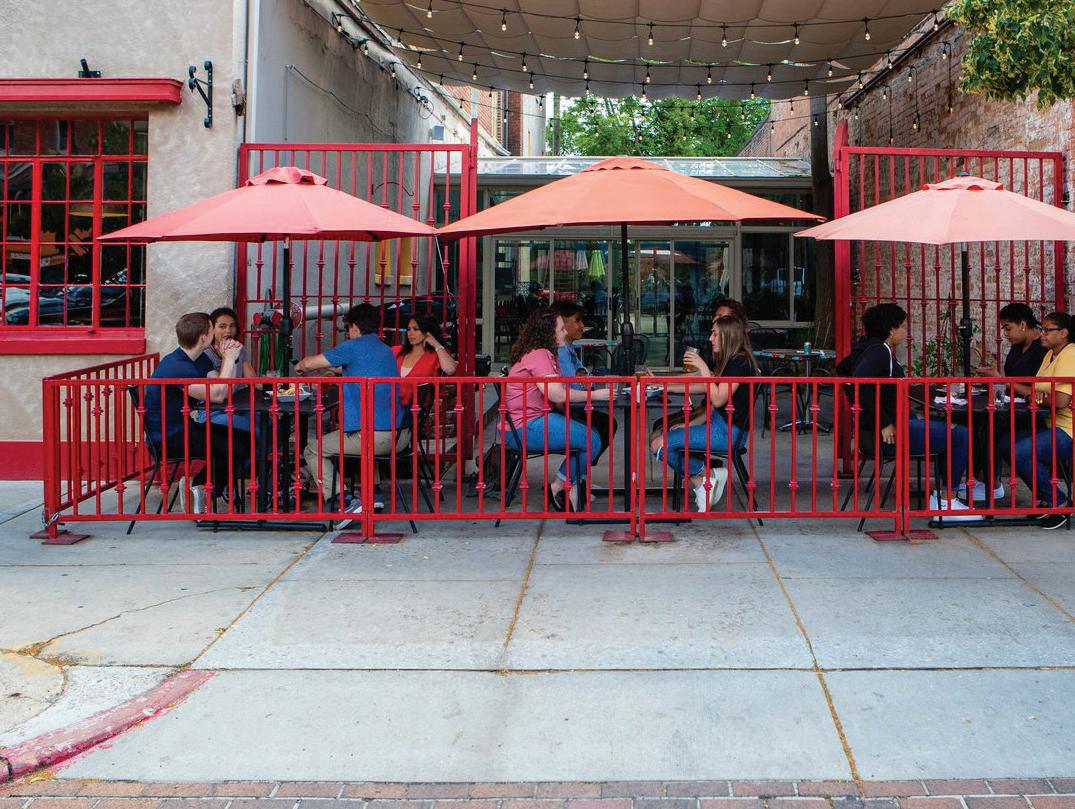
As the weather warms up and the spring and summer event season gets underway, it’s a great time to hit up a new restaurant, soak up the sun, and dine outdoors.
Ogden isn’t just a hub for nature and history enthusiasts; it’s a spot for those who appreciate the whole aesthetic of al fresco dining. From artisan pizzas and fine Italian cuisine to freshly brewed beers and a comforting brunch, Ogden has transformed Utah’s patio dining into an experience with striking views and fun, laid-back atmospheres.
Here are some of Ogden’s top outdoor dining experiences that are a must-do this spring and summer:
Located conveniently off the 24th Street exit, Slackwater Pub & Pizzeria is the go-to place for artisan pizzas and an extensive
selection of beers. With live music Thursday thru Sunday, and a bustling outdoor seating area, it’s perfect for an evening of fun and relaxation.
Situated on Historic 25th Street, Table 25 serves modern American cuisine using locally sourced ingredients. The shaded sidewalk seating offers a prime spot for people-watching and enjoying a leisurely brunch during the weekend.
Harp and Hound overlooks the beautiful Municipal Gardens on Washington Blvd., providing a fantastic backdrop for dining. It’s a superb place for good food and people-watching, and is especially appealing to those seeking a lively vibe.
With both a rooftop and ground-level patio, Ogden Beer Company offers panoramic views of the Ogden River and surrounding mountains. It’s a great spot for beer enthusiasts to unwind and savor the local brews in a picturesque setting.
Located just outside the downtown area, Roosters B-Street provides stunning views of the Wasatch Mountain range from its 21-andover taproom. The outdoor patio is an ideal place to enjoy their locally brewed beers and soak in the breathtaking sunset views.
Voted the best rooftop bar in Utah, Alleged is the place to catch a killer sunset and enjoy some great drinks with friends. The rooftop setting offers a unique view of the city, making it a favorite for evening outings.
Great for people-watching along Washington Blvd., Angry Goat caters to the 21+ crowd and is known for its killer brunch on Saturdays and Sundays. The lively atmosphere and good food make it a popular weekend destination.
Bower Lodge is known for its Thursday night Pizza & Pints and a relaxing Sunday Brunch overlooking Ogden Valley. The serene setting and delicious food provide a perfect escape from the city’s hustle.
With excellent views of Mt. Ogden and 25th Street, Cuppa offers a pet-friendly outdoor dining area where you and your furry friends can relax. The café is praised for its welcoming atmosphere and fresh, tasty offerings.


As the newest addition to 25th Street dining, The Mercantile has been getting a lot of attention, and rightly so. This summer, they plan to open their expansive patio space and host live music and other events. The location of The Mercantile makes this patio perfect for sitting back, watching the color change as the sun sets on the mountains, and listening to good music, either from Ogden Twilight or the live performances they book.
UTOG Brewing Co. offers a unique blend of locally crafted beers and some great views for dining. Its spacious outdoor patio sits directly against the outfield fence of Lindquist Field, providing a unique setting for enjoying a Raptors game or relaxing in a family-friendly atmosphere. Who knows, you may catch a baseball while eating!
No matter where you choose to dine outdoors in Ogden, each of these venues offers a unique slice of the area’s local flavors. Whether you’re looking for a family-friendly spot, a romantic evening, or a lively night out with friends, Ogden’s patio dining scene has it all. Be sure to head down on a Saturday morning and include a visit to Farmers Market Ogden with your outdoor brunch.
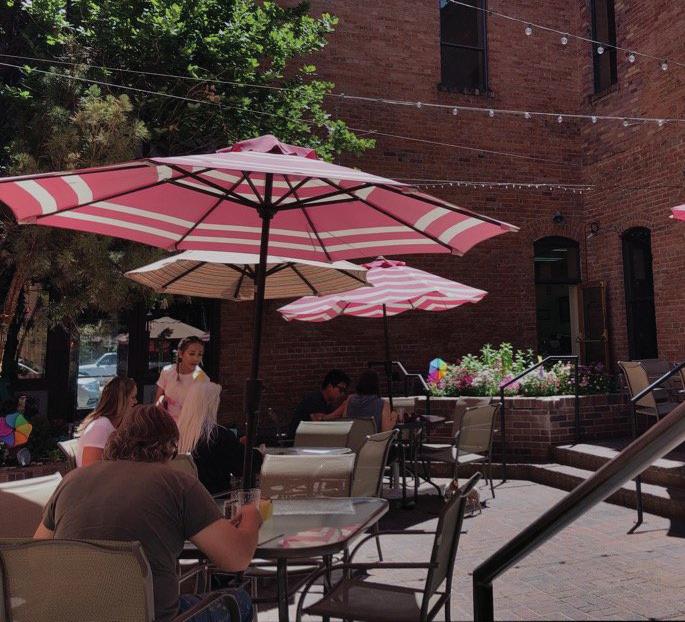










Park City’s mild spring and summer makes it the perfect place to enjoy al fresco dining, and there is no shortage of outstanding restaurants where one can do that. Here are ten of my favorite Park City restaurant patios, decks and curbside spots:
The sunny, dog-friendly patio at Hearth and Hill in Kimball Junction is a great spot to enjoy an eclectic array of culinary options that run the gamut from beer-battered cauliflower, empanadas, and shrimp shumai, to coriander-crusted trout, Hawaiian poke bowl, birria tacos, curry farro, and pho. There is truly something for everybody and every palate on the menu at Hearth and Hill.
One of the most beautiful locations for al fresco dining in Park City is at Main Street’s Grappa restaurant. Bill White’s flagship eatery offers guests dining rooms and patios with gorgeous gardens and water features on five different levels from which to enjoy
the views from upper Main Street. The food, service and ambiance are top-notch and you’ll definitely want to try the tuna crudo, scallops risotto, and the osso bucco from Grappa’s Italian-leaning menu.
Marvelous mountain views from the sprawling deck complement the killer cuisine at Tupelo Park City, where Owner/Chef Matt Harris deftly weaves the culinary foundation of his Southern roots with an affection and expertise of global flavors, which is probably why he teamed so well with world renowned restaurateur Jean-Georges Vongerichten in the past. Hence, the Tupelo menu ranges from buttermilk biscuits with honey butter and deviled eggs with fried country ham, to roasted duck breast with chilled beets, Park City brie, and strawberry gastrique. The ample free parking at Tupelo is an added bonus. The newest–and one of the largest–restaurant patios in Park City is at The White
House; the latest creation of owner Bruce Corrigan’s O’Shucks Restaurant Group. Located at the intersection of Heber Avenue and Park Avenue, The White House serves up sushi, sashimi and nigiri, burgers, tacos, specialty sandwiches, breakfast, and more. In an interview with Park City’s KPCW, Corrigan said, “We were just excited when we saw that outdoor space. Everyone wants to be outdoors in a ski town, and that’s the biggest patio around from what I can see.”
Don’t let the shopping center location fool you. Twisted Fern is an outstanding Park City restaurant with killer from-scratch cuisine and a surprisingly inviting patio/ courtyard for outdoor dining with views of the surrounding mountains. The crisp, clean, modernist decor of a recent remodel pairs beautifully with Chef/Owner Adam Ross’ contemporary cuisine, with dishes like seared Spanish octopus, root vegetable cassoulet, cauliflower Genovese, and a Nashville hot
maitake sandwich.
Located on the back side of the Park City Golf Course, and surrounded by hiking and biking trails, Silver Star Cafe affords spectacular views from the large patio and plaza. In summer, live music Thursday through Saturday provides a lovely backdrop for the upscale mountain fare that Silver Star is so well known for. The gooey, cheesy provoleta is a must for sharing, and the vegetarian wild mushroom stroganoff is a perpetual crowd pleaser. Brunch on the sunny patio is a terrific way to spend a part of your Sunday.
Located mid-mountain at Deer Valley Resort’s Silver Lake Lodge, Royal Street Cafe offers lunch guests a sprawling dining deck with stunning mountain views. Consider hiking or biking the lift-served Deer Valley trails to work up a hearty appetite for Royal Street specialties such as firecracker shrimp with honey gochujang aioli; pistachio turkey burger on a Hawaiian bun; duck & truffle fries;



and of course, Deer Valley’s famous turkey chili. Afterward, pop into the upstairs Sticky Wicket Bar for a bit of adult après lunch fun.
Sporting one of the liveliest patios in Park City, Blind Dog Restaurant & Raw Bar specializes in satisfying seafood cravings, from sushi and sashimi and fresh shucked oysters, to Fisherman’s stew and mahi mahi with red curry. But there’s plenty to entice meat lovers
too, like the half-pound Snake River Farms American Kobe beef burger and Chef/Owner Penny Lehman-Kinsey’s signature “Dreamloaf”–an upscale take on meatloaf that you won’t soon forget.
The large, rambling patio at Courchevel Bistro is the perfect location for Main Street people watching. French-born Executive Chef Clement Gelas brings some of his Savoie fare to Utah with dishes like the heavenly crozets de Savoie; smoked trout rillettes; Arctic Char bouillabaisse; moules frites; and scrumptious tartiflette. You’ll want to have an ice bucket with a bottle of chilled Champagne nearby when you enjoy dining on the sun-drenched Courchevel patio.
The wrap-around deck at Stein Eriksen Lodge and its breathtaking mountain views is the perfect place to enjoy the world-class cuisine of VP of Food & Beverage Operations and Corporate Chef Zane Holmquist. Dishes such as poulet rouge chicken with garam masala potato hash; fennel pollen Spanish turbot; smoked trout croquette with nasturtium; and lobster pot pie with lobster velouté are stupendously delicious edible works of art. For tres private deck dining, book one of the Alpenglobes for dinner.

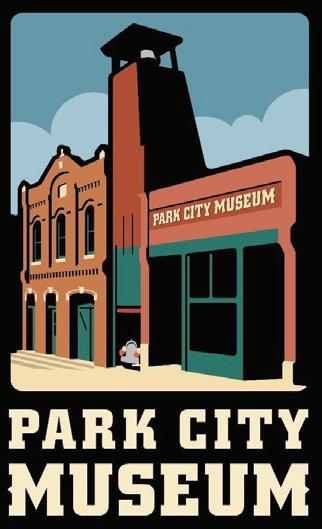













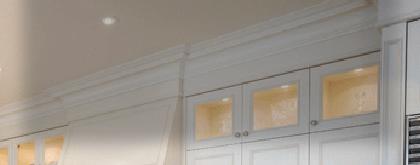
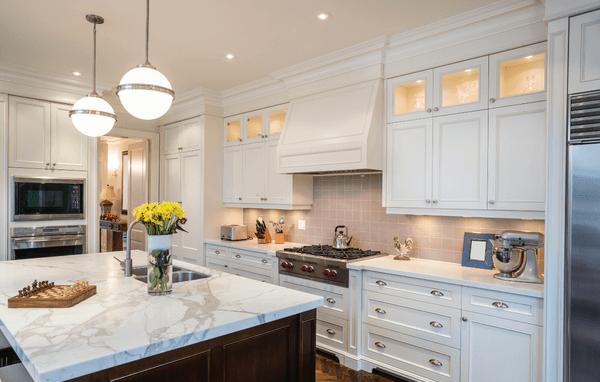
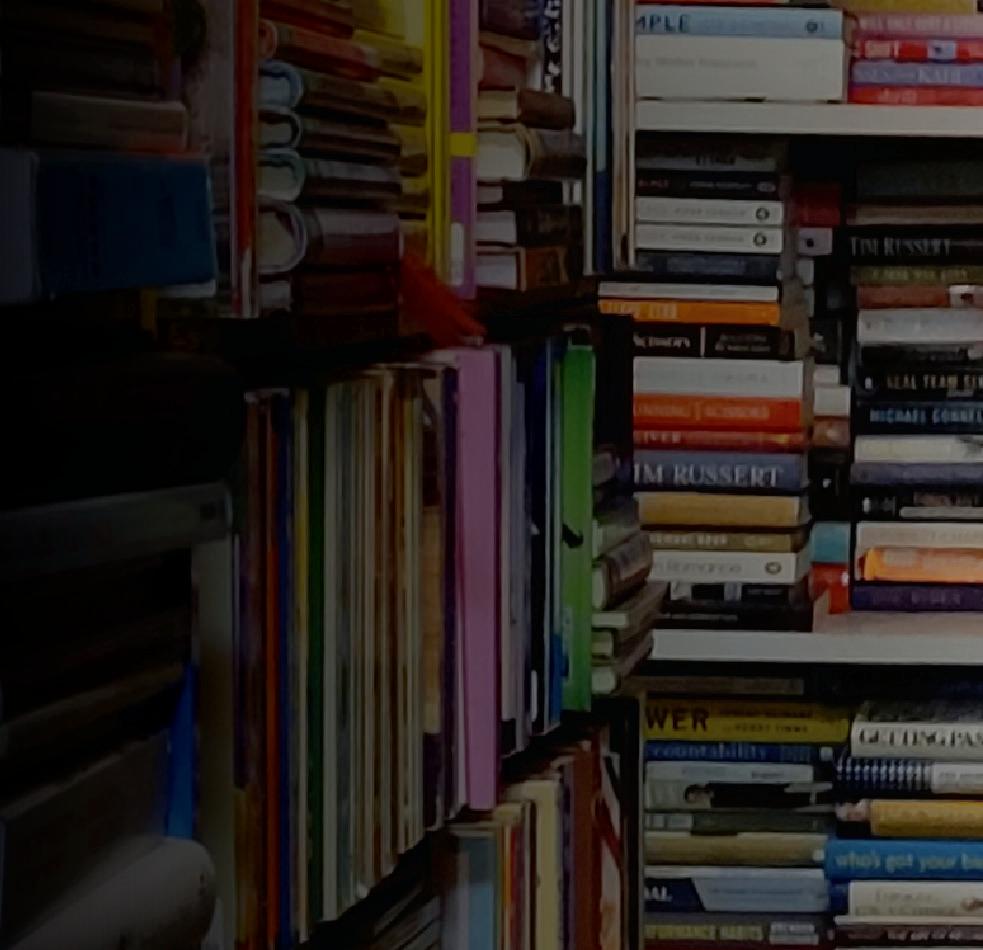
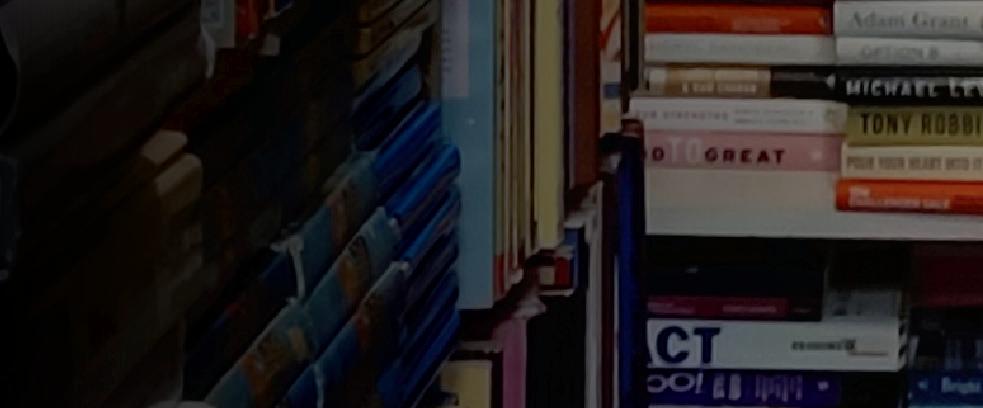
Where can you find a complete set of Victor Hugo’s works from 1880, The Encyclopedia of Serial Killers, an Illustrated Book of Mormon, and I Can Has Cheezburger? in one place? Central Book Exchange in Sugar House has them all.
In the late 1960s, Don Bowles launched a mail-service romance novel business. Eventually, the original owner opened a physical storefront that has been on 1100 E and 2017 S ever since.
Pam Pedersen, the owner since 2005, saw a diamond in the rough.
“After the mid-80s, the whole way the store should have been running didn’t work any more,” Pedersen said.
She gets her thrills from the expressions of readers finding something they connect with.

“Their faces light up,” she exclaimed. “From the first day I was here, there is magic in this bookstore. It mostly comes from all of us that are here, and it comes from the history and the people.”
What makes Central Book Exchange different from other used book stores?
“We have a really organized inventory. I hear from people all the time that it’s uncommon to go into a used book store and have everything cataloged. You want to be able to come in like a normal book store and find what you are looking for,” Pedersen said.
Unlike a big-box store that has dozens of locations and massive inventory, this 2000 square foot store has more to offer than simply the latest and greatest books. The staff of seven are personally invested in the joy and
BY
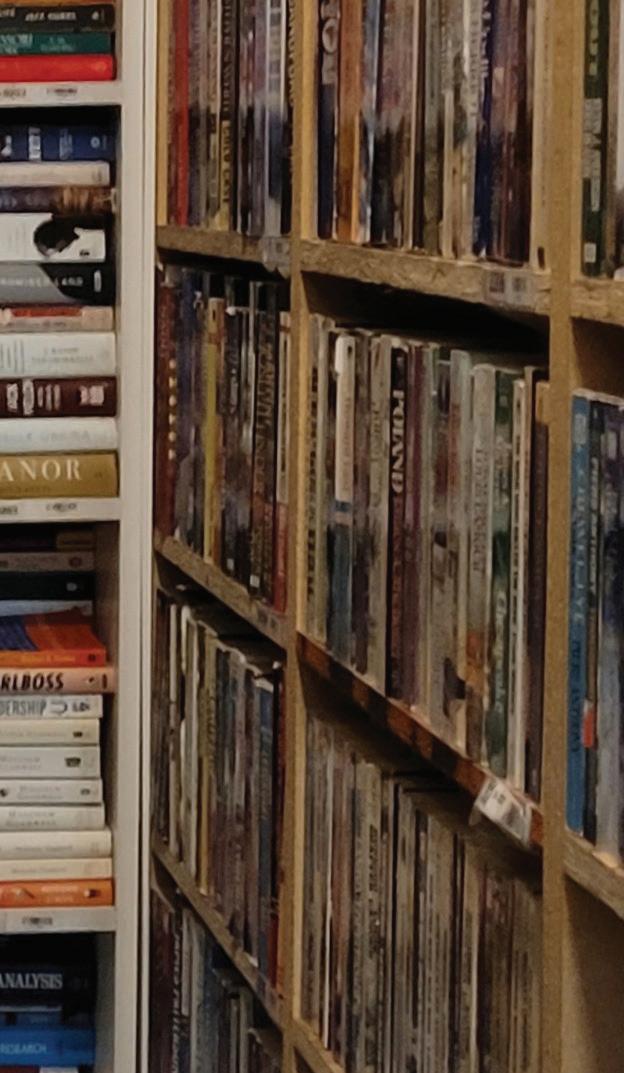
from the afterlife, and a Shakespearean version of Star Wars: A New Hope?
The Exchange also carries new versions of classic novels and the viral-popular titles that are always in demand and almost impossible to find used.

“We order new books every week and we go on our own gut. We know what people are yearning for,” Pedersen said.
For the past few months, Dune has been hard to keep on the shelves. Before then it was the books in A Court of Thorns and Roses series.
While many books fly off the shelves into a new owner’s pocket, some books bounce between storefront and storage for several years.
“There are some books that are waiting for the right person,” Merlot said.
success of every customer.
“Everyone together creates the genius,” Pedersen explained.
Jack Merlot, an employee since October 2020, also thrives on customer interaction and fulfilling dreams.
“You can’t get a sense of community through Amazon,” Merlot said. “We find these books that aren’t being read anymore. It’s really sustainable.”
‘Exchange’ means you can bring in your gently used books to be assessed for in-store credit. If you don’t have anything to trade, the inventory is still wide open. Most books go for less than $20 each.
Chain booksellers have a lot of little. A local bookstore has a little of a lot. Where else can you find books about pets communicating
“I had someone come in saying, ‘I’ve been looking for this book for 10 years.’ We had had it for a long time. it was in the back … the exact edition they had as a kid. The joy on people’s faces when they find something they’ve been looking for is unparalleled and is so rewarding.”
Sugar House has been under construction to improve the accessibility for public transit, bikes and pedestrians. Even though the shop has made it through the last 50 years, will the business survive the massive overhaul?
“The construction sucks,” Pedersen said. “We’re living in a war zone over here. For a while it seemed like it was going to be okay, but now … I can’t even believe anyone turns onto the street. We have a ton of walk-in business in general, but the way everything is looking, they’re going to pull our sidewalks out and we’re going to have a big pit in front of our store.”
The construction in their area is slated for completion by the end of June 2024, but the topsy-turvy Utah weather may not cooperate.
“[In April], the rain slowed them down quite a bit,” Pedersen said. “They were supposed to have the sidewalks out already.”
Merlot has a few ideas to keep the store afloat until accessibility is restored. “We’re just trying to bring more people in,” he said. “You can walk to us. We recently posted on social media a little ‘how-to’ video of how to get to the store.”
Once everything is completed, the hope is that the store will be even easier to get to.
“What they have planned is really awesome,” Merlot said. “They’re making it more pedestrian friendly. They’re slowing down traffic. They’re giving the trees more room to grow. The process really sucks. There’s supposed to be a big event in the last week of June to celebrate the reopening of the Sugar House District.”
Until then, the team brainstormed some solutions to get them through. One is a continuation of what helped them through 2020
and the COVID-19 pandemic shutdown.
“[During the pandemic] we had people do appointments in the warehouse,” Pedersen said. “We encouraged people to pick up or buy things online. It was kind of terrible but good things came from it too. We are currently working out details for a loyalty program! We want to make sure that people who keep the book they buy can still get discounts by supporting the bookstore. We are also planning more events, many of which include working with local authors and other members of our community,” Merlot said.
The Exchange hosts special events such as book signings with local authors, double points months, and customer appreciation nights. Once a year at the end of July, the Exchange hosts a two-day, sweltering yet spectacular, parking lot sale. Books that have not yet found their perfect partner are available for a screaming deal.
If the distance, traffic or time is too daunting for an in-person visit, there are thousands of books still offered online just waiting for you to invite them home.


BY



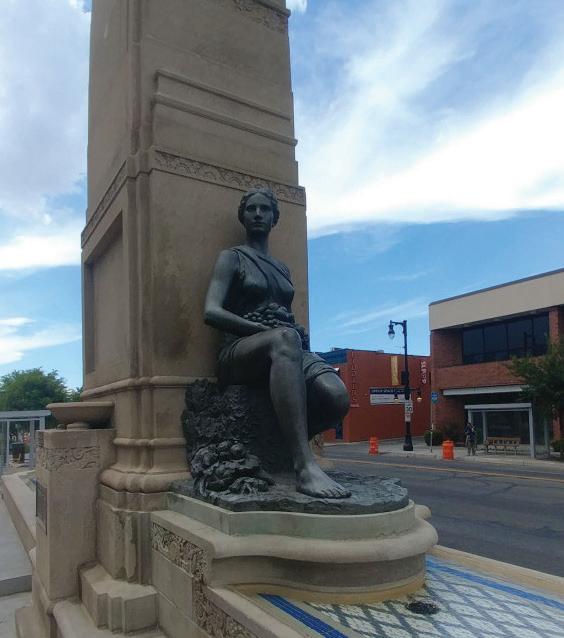

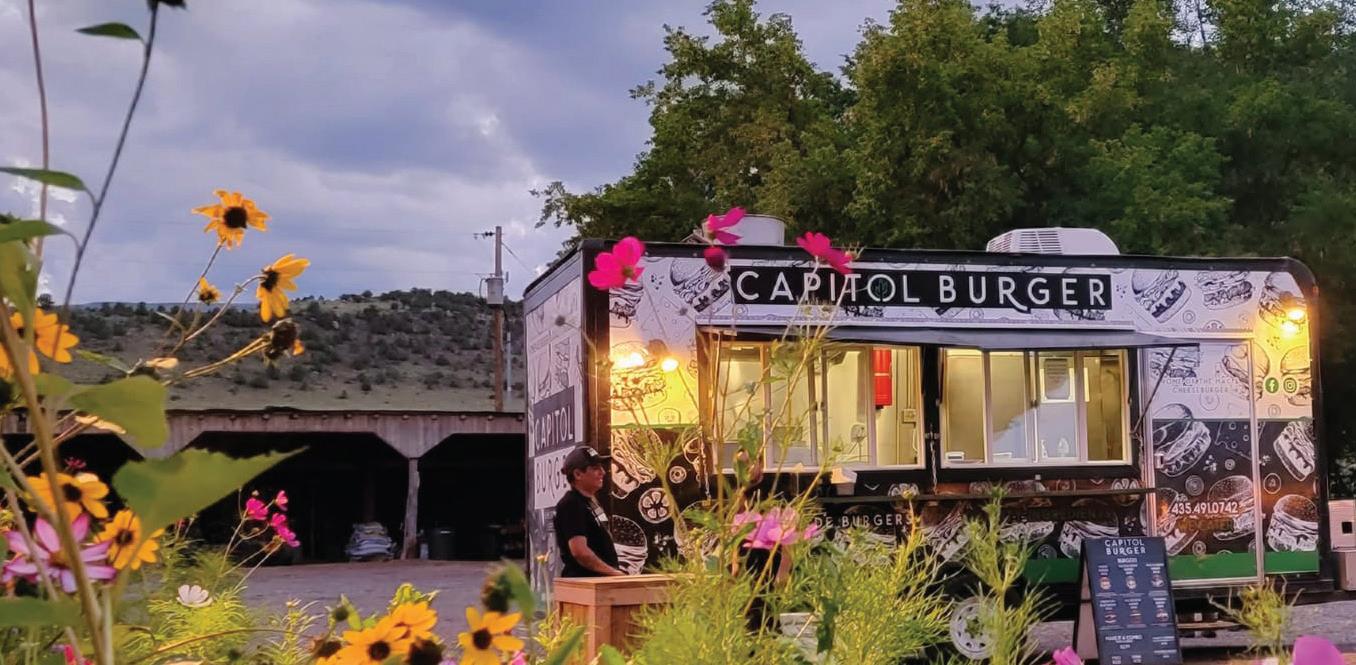

What do you get when you pair a juicy burger with a magnificent view? The best outdoor burger destinations in Utah! For burger enthusiasts across the state, Utah’s culinary scene has much to offer, from vibrant urban settings to quaint desert vistas.
More than just a meal, bite into an experience you’ll savor with the perfect blend of ambiance, flavor and scenery. Whether indulging in a juicy patty after a day of hiking or savoring every bite under the stars, these burger spots promise a memorable dining experience that combines the best of nature and gastronomy.
Head south to Torrey, Utah to find one of the state’s best burgers along Highway 24 near Capitol Reef National Park.
“Most people are just so shocked that out of a food truck in the middle of nowhere we’re serving this burger,” Luke Fowles owner and chef of Capitol Burger says. “I think that’s part of the charm. They’ve heard it’s great, but their expectations are blown when they have the best burger of their life.”
Fowles and co-owner/pastry chef and wife Sunny Clark focus on doing everything they believe makes the best food. They work directly with the rancher who raises the Hereford cows that provide the ideal fat content. They dry age the beef for 21 days before
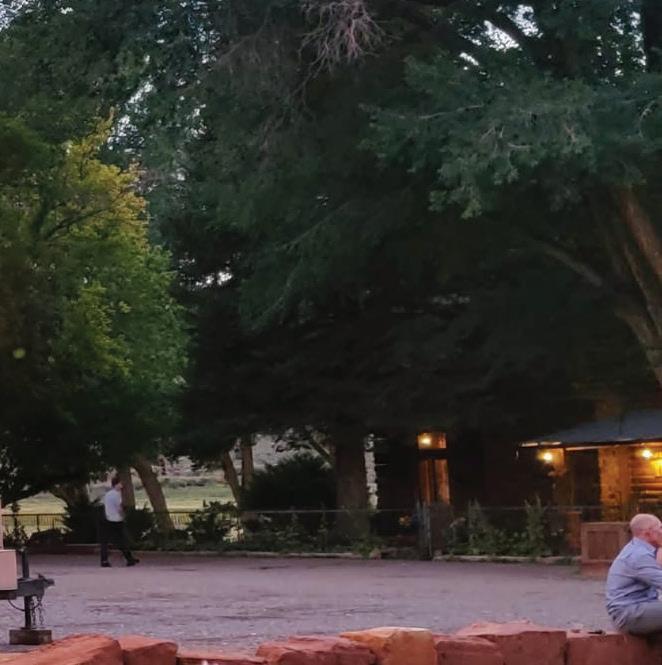
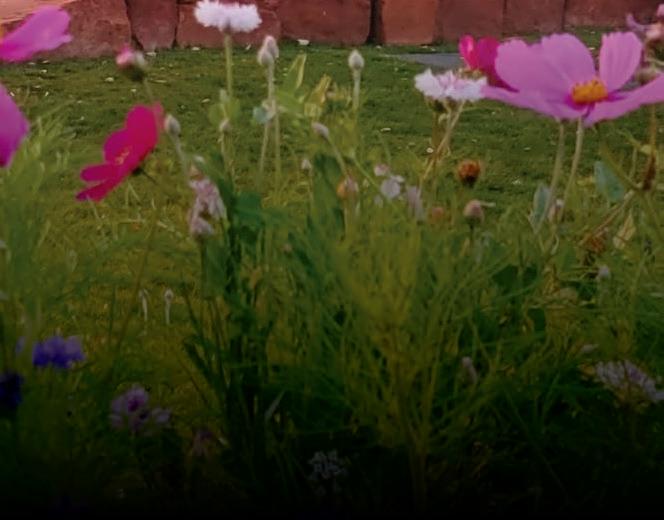
grinding it daily. They make the American cheese, pickles, mayo, and aioli served on the six burgers fresh in-house, and smoke the pork on a Traeger for the Pulled Pork Burger. The FiggyPiggy special features fig mash from Etta Place Cider cooked into a jam and served with blue cheese and a balsamic reduction.
“Everybody deserves to have access to a great burger,” Fowles concludes. And you’ll find one of the best anywhere in the middle of nowhere at Capitol Burger.
Good things always seem to happen when the local businesses at Central 9th team up. Some time ago, Central 9th Market started
Monday smashburger night where you stand in line as the flat-top grill fires up and order from a small whiteboard menu whatever they’re serving that night — typically the greasy-good smash they’re known for, another sandwich/burger offering, a side or two, and dessert. But there’s no option to sit down and eat.
Enter Scion Cider Bar just to the south on Jefferson Street. They coordinated with Central 9th Market and are now open on Mondays from 4-10 pm so you can walk your smashburger dinner into Scion (must be over 21), order a hard cider, beer, wine or cocktail, and enjoy it all on the patio for a picture-perfect evening of smashburger-eating happiness. Cheers to this delicious collaboration.
Say “garlic burger” and it’s almost a sure bet that any Salt Lake resident will point you to The Cotton Bottom. A decades-long fixture at the mouth of Cottonwood Canyons, a big part of The Cotton Bottom’s charm is the laid-back patio that blooms with flowers in the warmer months. As patrons recount their adventures in the canyons over a garlic cheeseburger on a French loaf bread, a bag of potato chips and a local cold brew, it’s hard not to marvel at the breathtaking landscape before you. Dining at The Cotton Bottom’s picnic tables reminds us to celebrate the simple pleasures of Utah living in this casual mountain ambiance — and you can even bring your furry friends with you.
A visit to the original Lucky 13 location is one you won’t soon forget. Great for patio people watching as Salt Lake Bees fans arrive or depart the TRAX station, this bar surprised everyone when the gourmet burger menu began attracting fans far and wide. The roadhouse offers up 7 oz. of local ground chuck

cooked to medium on a fresh baked bun, and fries with every order. Adventurous creations like the Nut Butter Burger featuring creamy peanut butter and house-smoked bacon and cheddar cheese, or other palate-pleasing options like the Fungus Amongus, piled with mushrooms sautéed in red wine and garlic topped with Swiss cheese, bring every kind of patron (21+) to nosh. Kick back with the Ol’ Man for a taste of roasted jalapenos, grilled onions and Swiss cheese while you wait for the post-game fireworks show.
Whether you’re looking to catch an NBA playoff game or finishing up a round of golf
with friends, there’s probably a Bout Time Pub & Grub patio (21+) that’s calling your name. Each location has its own charm and view, but all serve scratch-made burgers like the brunch-worthy B.A.B.B. with ham, corned beef hash, bacon and a fried egg.
The Original Chubby Melt pairs two classic sandwiches together — a juicy ground chuck beef burger, melted cheese, grilled onions, and Thousand Island dressing served between two Parmesan-crusted grilled cheese sandwiches.
And for those who like it hot, the Jalapeno Jack Burger comes with pepperjack cheese, fried jalapenos and a stuffed jalapeno popper. The patios are spacious and clean and ideal
BY

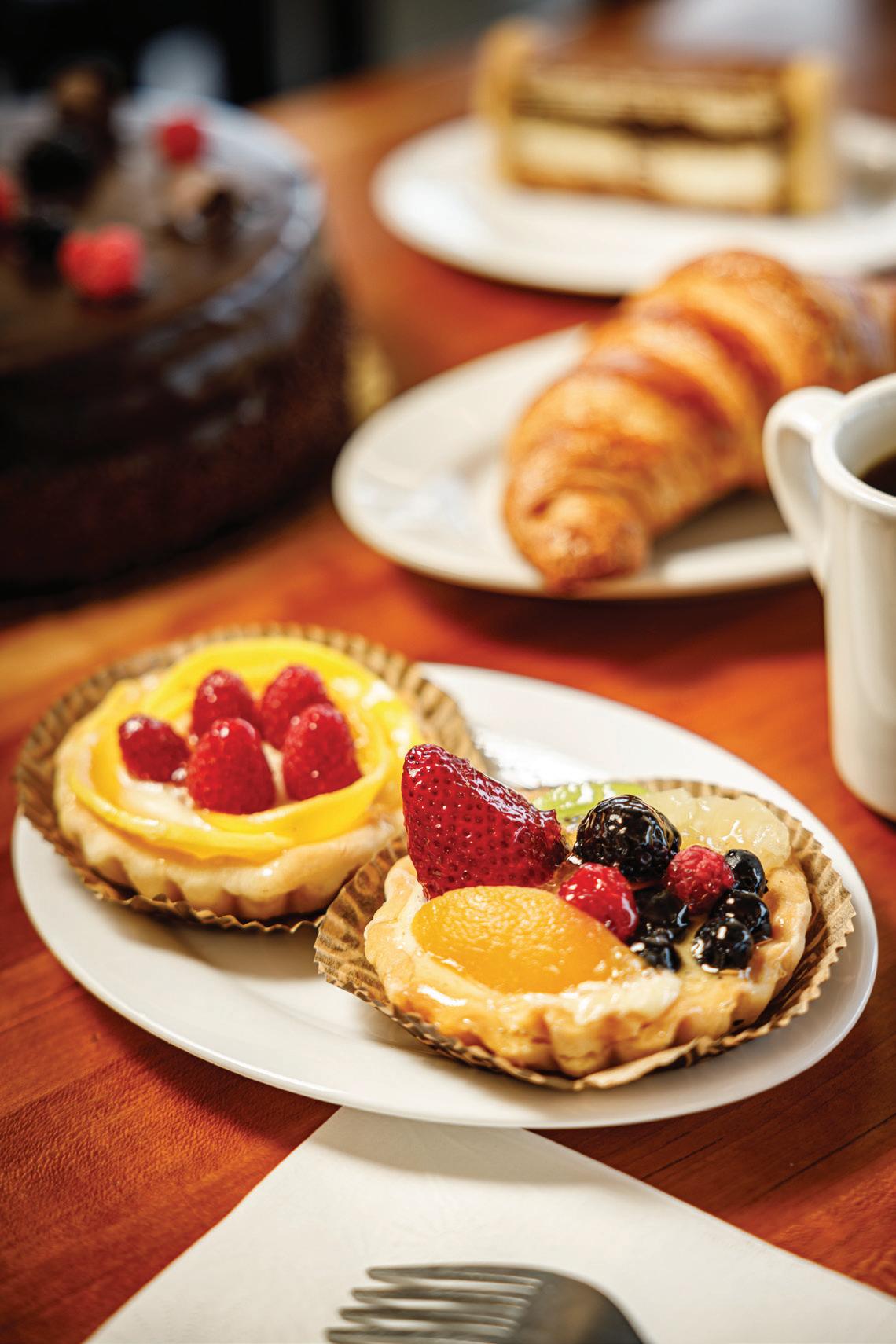



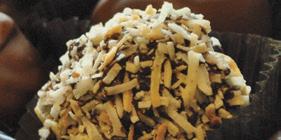

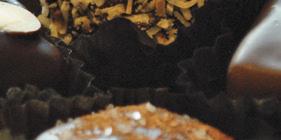
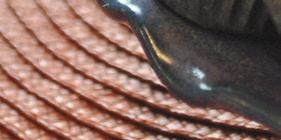


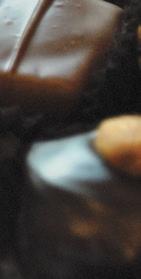


for catching up with friends, celebrating victories, watching a game on the outdoor TVs or simply raising a glass to a weekend filled with warm Utah sun.
For a memorable burger experience in Sugar House, treat yourself to the nostalgic ambiance of Millie’s, where everything is made from scratch. As a Sugar House landmark for generations, this quaint, retro burger shop on 2092 S 10th E has satisfied generations of customers with its assortment of burgers and sandwiches, delicious homemade fries, and old-fashioned, above-the-rim shakes. You can

enjoy your meal inside or outside.
Owned by Dan and Stacy Neilson since 2001, the iconic sign and the friendly family atmosphere make Millie’s a familiar dining destination for burger lovers, and no trip to Sugar House is complete without stopping at Millie’s.
From perfect patios to dining in the great outdoors, these burgers all come with a side of fresh air and sunshine — elevating the classic burger to an art form against backdrops of majestic mountains, fiery red rocks, and the hustle of the city.



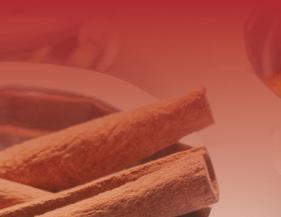





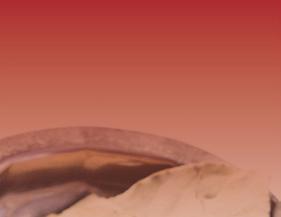






ittle Toast is a Chihuahua who competes in scent work. Specifically, she is trained to sniff out bedbugs. She took top honors in a recent competition, beating out the dog of her training coach, Rob Barlow.
“That is my whole goal, to have my students be better than me,” Rob said.
Scent trials competitions are open to any dog. Detection dogs can be trained to search a variety of odors including essential oils, gun oils, tobacco, human remains, shed antlers, narcotics, and even bedbugs, among others.
Unlike other competitions for dogs, in Detection Dog Trials, the events are not timed.

Scores are based on how well a handler clears an area, or in other words, how well the dog finds all the hidden scents in a specified area. Between one and three scents can be hidden on the course. Scores are also based on how well the handler and dog work together. The dog and handler achieving the highest score come out on top — like Little Toast.
Detection Dog Trials were the brainchild of Georgie Armstrong, a trainer out of England who first developed the sport. Rob was able to meet her and get certified to run trials in the Rocky Mountain area. There are also scent trials offered by the American Kennel Club
BY
(AKC) and the United Kennel Club (UKC).
According to Rob, “You can train any dog in scent work. I’ve been able to train dogs by finding out what they want to work for. Most of them work for food.”
Rob is not only an instructor in personal scent work, he also works with dogs at Peace Officer Standards and Training (POST), certifying police dogs in narcotics, cadavers, and explosives detection, and is a certified judge throughout Utah. He also travels around the country in this capacity.
As with any training for dogs, rewards are the key. Beginning scent work comes down to reinforcing the behavior you want them to continue. For example, a handler can hold a scent tin out for a dog to investigate. If they sniff it, the dog should be immediately rewarded. This is known as positive reinforcement, and continues each time they put their nose on a scent. This leads to hiding scents in a confined area and letting the dog search.
Rob not only works in scent training, but as the owner of B-Hyve K-9, he offers classes in obedience from basic to advanced off-leash, fly ball, protection, and service dog training. He also offers overnight boarding, boarding and training, and private lessons. Addition-
ally, he runs two clubs for those interested in competing in Protection Sports Association (PSA) competitions, Salt City Hellhounds, and Running Rampage.
Always interested in animals, dogs in particular, since he was little, Rob started by checking out encyclopedias from the library and reading all the animal sections. He read dog training books and trained his pets. He got involved in Schutzhund before he turned to PSA, finding PSA more fun, and though it is still a sport, it is geared to the same type of training that police dogs experience.
After eight years in the military, Rob has worked as a Police Officer for Salt Lake County, in Texas, and now for the Draper Police Department.
While with Draper, he was a K9 officer with his partner, Judge, working in drugs and apprehension. Rob was in the program from 2016 until 2021 when his rotation was up. As a specialty program, he was only allowed to be in that position one time, and he misses it.
Scent work is just one way to spend more time with your canine companion. There can be a great sense of satisfaction when your dog finds a hidden scent and all that hard work pays off.
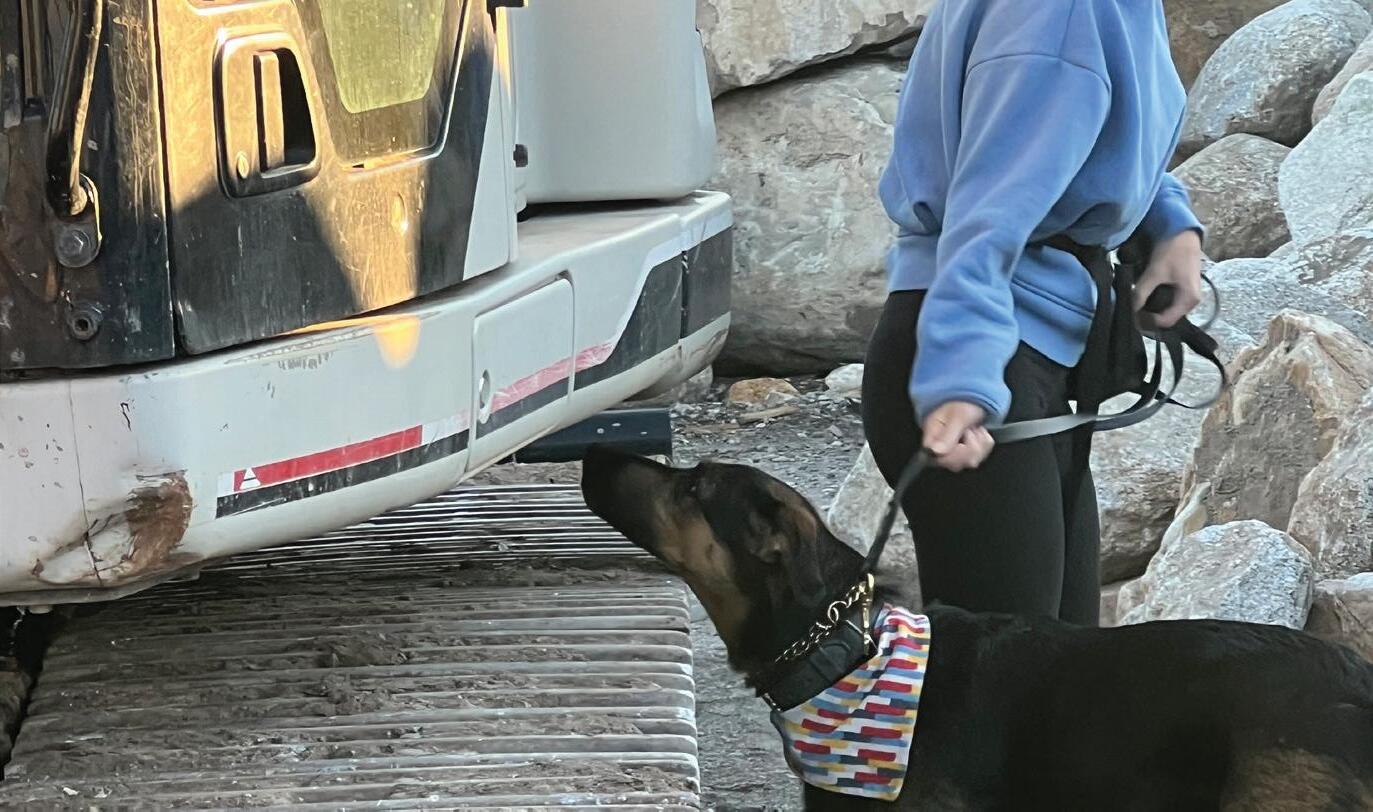
Pop. Pop. Pop. What used to be Utah’s well-known synonym for “soda” now has another meaning. That popping is the sound made by pickleball paddles far and wide as America’s fastest growing sport takes hold.
While some online grumblers suggest changing the game’s name — derived either from the name of a family dog that kept running away with the ball, or from an obscure term related to the sport of crew — most aren’t bothered. Pickleball is a fun, inexpensive sport that’s easy to learn and welcoming to all
types of players.
Beginners can buy a set of two paddles and four balls online for $25 and learn the game in about 20 minutes. The rules are simple; games are short and can be played indoors or out. The level of exertion required is lower than in tennis, and people of mixed skill levels can play together.
“Utah has been pickleball on steroids,” says Devan Egan, owner and co-founder of Club Pickleball USA, when asked about the growth of the sport in the state. Egan owns 86,000 square feet of indoor pickleball courts

in Orem and Sandy, and has seen 35,000 unique players come through his doors since he opened in 2021. He says one reason for the sport’s popularity is Utah’s unique culture.
Nearly every neighborhood has an LDS chapel, and every chapel has a basketball court inside. Due to the suggestions of church members, activities coordinators added pickleball lines to the boards and brought in regulation 34-inch nets.
The ubiquitous nature of Mormon churches allowed America’s own racquet sport to explode in popularity as more than 1400 free courts became available, one on nearly every corner.
“I think if pickleball was boring that wouldn’t have happened,” Egan says. He adds that pickleball has a very low barrier for entry.
Pickled, a substance abuse recovery nonprofit serving the Salt Lake area, after he and other therapists were brainstorming ideas on how to help clients build community.
“We noticed something that worked really well in early recovery was getting out and playing pickleball,” he says. “Two people with completely different backgrounds — maybe an 18-year-old kid in the beginning of his sobriety journey and a 40 year-old man who’s been around the block — they might not have a ton in common, but when they played pickleball together it was high fives, and afterward a lot of smiles.”

“In other sports like tennis or golf, it takes years and thousands of dollars to get reasonably good. And so once you’ve made the investment of time and money to improve your skill set, you become a little bit exclusionary to the novice.”
Egan notes that pickleball culture is totally the opposite. “In pickleball, it’s like, let me help you for twenty minutes and you’ll be fine.”
The friendliness of the sport goes beyond its ability to get beginners and experienced players together. Nick Bolton founded Once
Bolton also noticed that when people who are in recovery play with those outside the recovery community, the barriers of uncertainty between them break down quickly.
“We’re doing a pretty decent job of exposing people to what a person in recovery looks like,” Bolton says. He comments that face tattoos and cigarettes might initially be scary to people at a pickleball court, but the game helps people let go of those differences and just have fun together.
On the other side of the net, so to speak, Second Summit Hard Cider Company offers pickleball in a bar setting. The cidery hosts four outdoor courts which can be reserved on weekdays from 11-4 for free. After 4:00 and
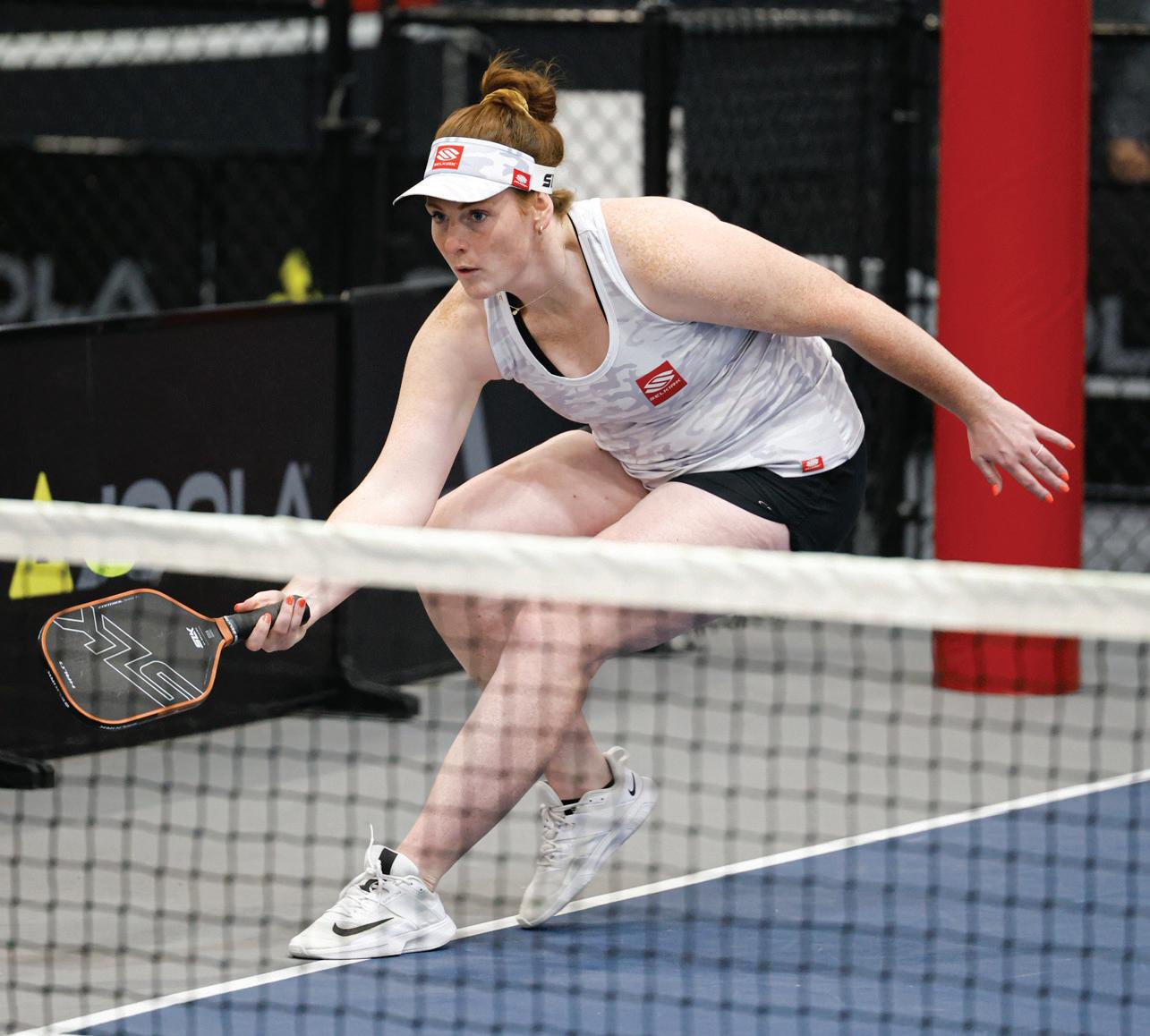
on weekends, courts are reserved by the hour, and paddles and balls are provided.
“I think it’s a really fun way to have an active activity for people to play, with the bar here at the same time,” says Joe Bott, director of operations. “Pickleball seems to be a natural way to be social, have fun, and enjoy the outdoors.” He also notes that his customers appreciate being able to reserve courts rather than trying to find an available free court at a park or other public place.
To help players and entrepreneurs develop their own pickleball clubs and sports business ventures, Egan hosts Club Pickleball Mastermind, a group that now includes more than 80 club owners and members, where he shares everything he’s learned while owning a pickleball business. His goal is to keep
pickleball growing. According to the sport’s governing body, about 130 new locations open each month, nationwide.
“There are countless benefits to pickleball when you add up the physical, social, mental, and all the endorphins that flow out of people being on their feet doing something fun,” Egan says. “There are so many positives.”
The only downside to pickleball is that pop, pop, pop sound. Some neighborhoods are upset with the noise the sport makes and are moving to ban it. But we live in a time when even the sound of children playing outside has been replaced by silence. That little popping noise is the sound of joy, health, and community. It’s the sound of people coming back to life.




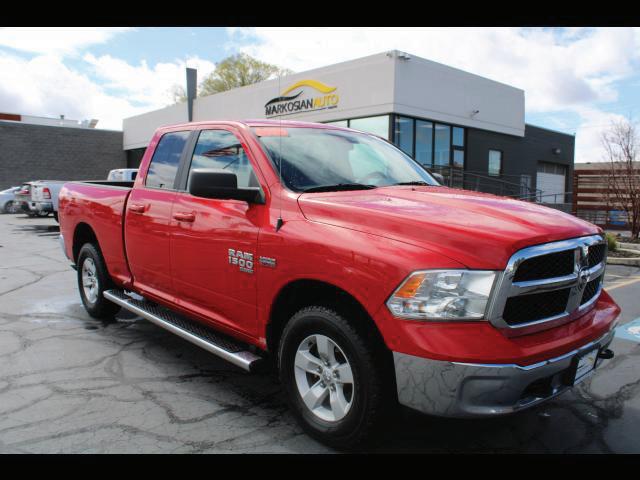
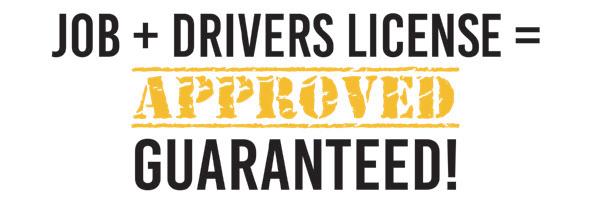
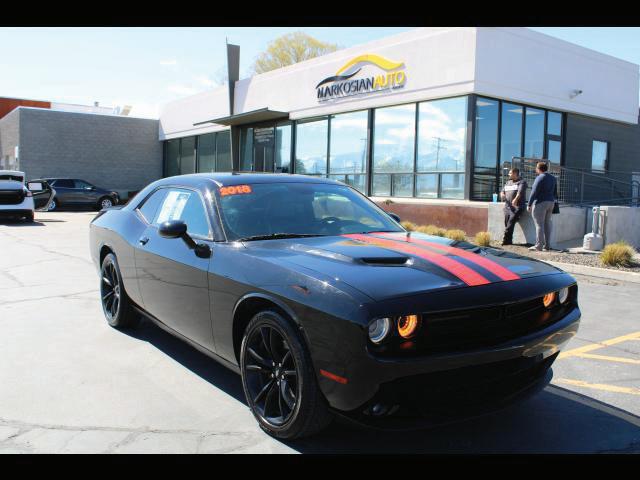






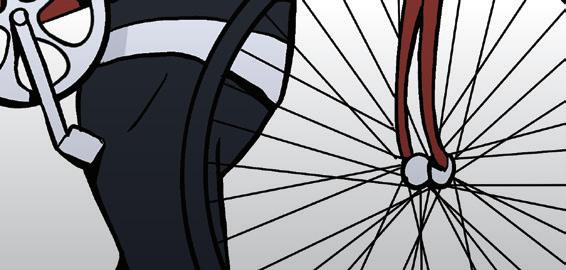
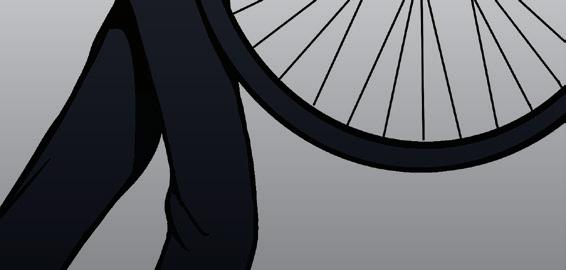
 by Taylor Hartman
by Taylor Hartman
Imagine this: You cycle downtown to meet friends for drinks at a favorite bar.
Biking home seems like the perfect and safest way to get around — until you go outside to find an empty space where your bike was securely locked. Unfortunately, this experience is not a rare occurrence. Bike theft in Salt Lake City has become a pressing concern for cyclists and local authorities alike.
Salt Lake City is growing, and more people have embraced cycling as a green and healthy

mode of transportation. Unfortunately, cyclists need to be aware of the risks they assume when they lock their bikes in and around SLC. A local resident shared her all-too-common distressing experience with bike theft with Utah Stories:
“There are homeless gangs in SLC that steal and sell bikes. We had five bikes stolen when we lived in Sugar House from our own garage. [They] cut through the fence and stole three bikes from our garage. Then they came back and picked up the two that were left. We called the police. The police officer came,
looked at the garage, and said there was nothing he could do. And that was it.”
Another resident of the Fairpark area of Salt Lake says the issue is right in their face everyday, saying, “I see homeless people on these super nice bikes, the ones that are usually way out of a typical budget … It really makes me stop and think — where did they get that?”
High-risk areas, notably in the Fairpark and Ballpark neighborhoods of Salt Lake County and certain parts of the downtown area broadly, have been identified as hotspots for such crimes. According to crime data analysis tools and statistics provided by officials, these areas report significantly higher crime rates, underscoring the need for cyclists to adopt vigilant and protective measures.
Insights from the Salt Lake City Police Department (SLCPD) and the Bicycle Collective shed light on the critical areas and recommended strategies for securing bikes. Jonathan Dille, Community Programs Manager with the Bicycle Collective, warns against certain locking practices,
“Locking up to a chain link fence is not always a great idea,” Dille said. “Using a stronger lock and locking it in the right place can prevent theft.”
Here are some steps you can do to keep your bike safe in high-risk zones (or better yet, everywhere):
• High-Quality Locks: Robust U-locks or chain locks are recommended over easily cut alternatives.
• Strategic Parking: Opting for well-lit, busy locations for parking, especially in safer areas, is crucial.
• Bike Registration: Enrolling your bike in a registration program can significantly increase the chances of recovery if stolen.
• Bike Valet Services: Utilized at large events by the Bicycle Collective, these services provide secure parking solutions and reduce the chance of theft.
Beyond individual actions, fostering a secure environment for cyclists involves collective efforts. Initiatives such as enhanced lighting in known theft hotspots, improved bike parking solutions, and educational workshops on bike security play a critical role in this effort. Collaboration between cyclists, law enforcement, and organizations like the Bicycle Collective is essential in effectively combating bike theft.
Officer Yaier Javaid with the Salt Lake City Police Department encourages bike registration as a tool for anyone acquiring a new or used bike.
“It’s totally free to the public,” Javaid said. “What it does is once you register it, it goes into our database.”
Javaid encouraged bike owners to work with police rather than go looking for the bike on their own: “I think the best thing is to give us a call, okay? Let us do the work. Our main priority is community member’s safety.”
As Salt Lake City continues to bolster its cycling infrastructure, understanding the dynamics of bike theft and implementing comprehensive protective measures are vital for the safety and security of the cycling community. With a combined approach of awareness, robust security practices, and community vigilance, it’s possible to mitigate the risk of theft and ensure that cyclists can continue to enjoy the benefits of biking in Salt Lake City without the looming threat of returning to a space where their bike once stood.
“Don’t leave yourself in the open. Secure it,” Javaid said. “That’s the best way to prevent your bike from getting stolen.”


